73 books for 832 hours. 33 fiction and 40 non-fiction.
Many good books in 2023. Some made me think; some were just fun. I’m trying to get better at stopping books that aren’t worth continuing. I have a tendency to want to finish books I start, but there are just too many great books out there to spend time on mediocre ones!
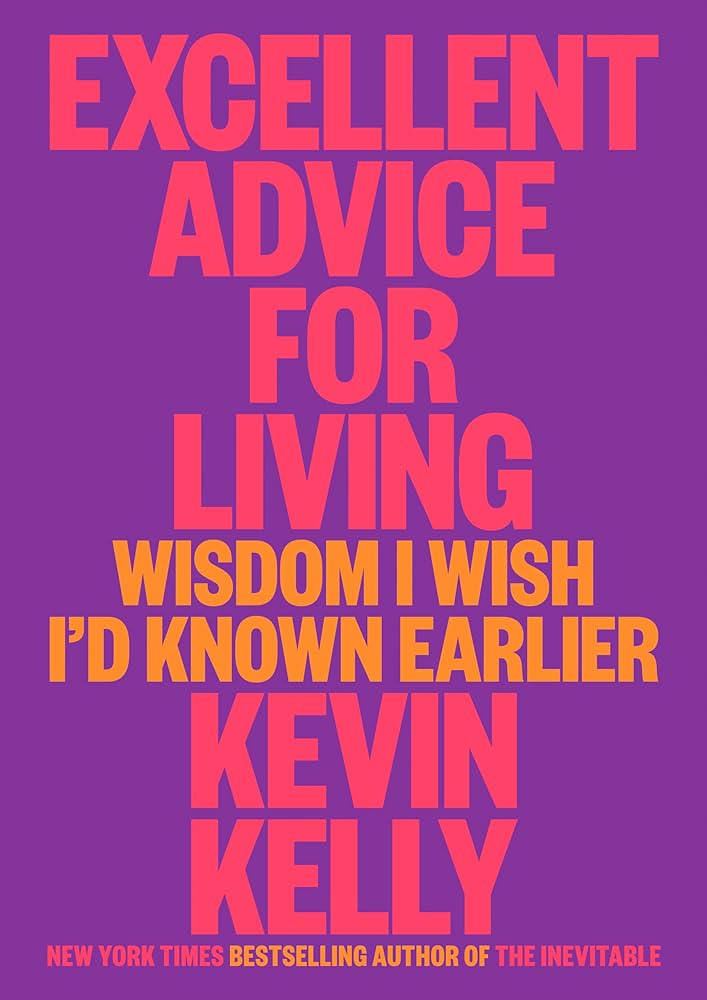
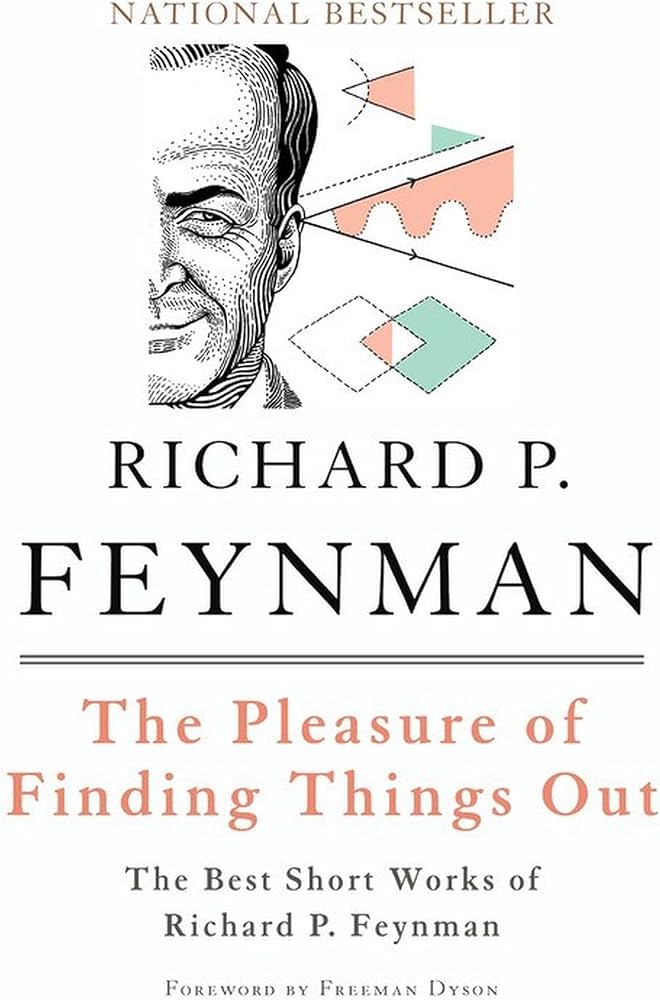
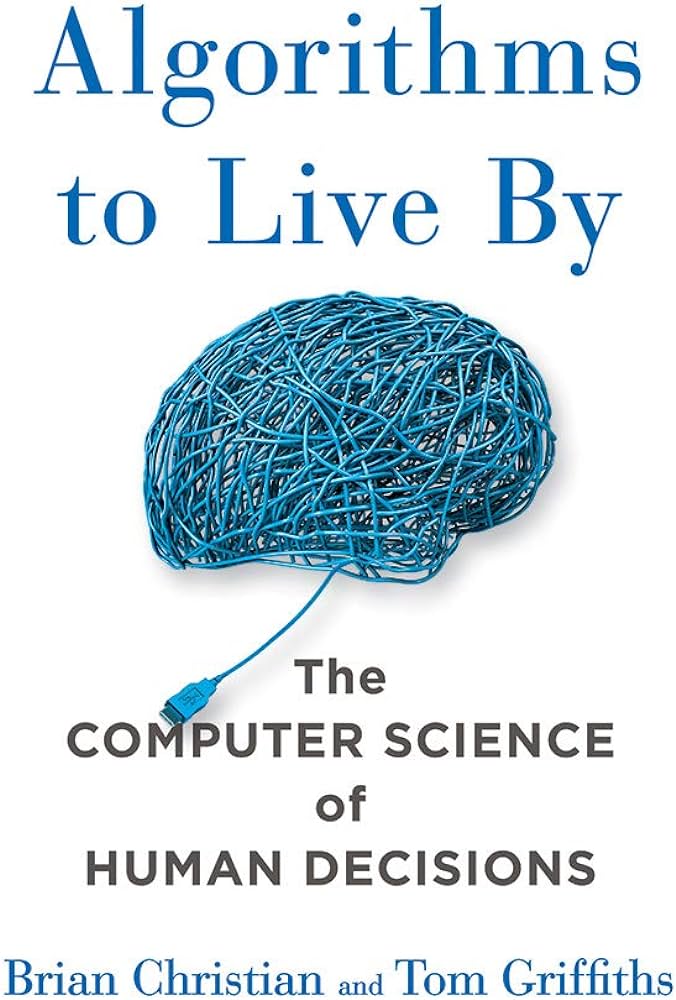
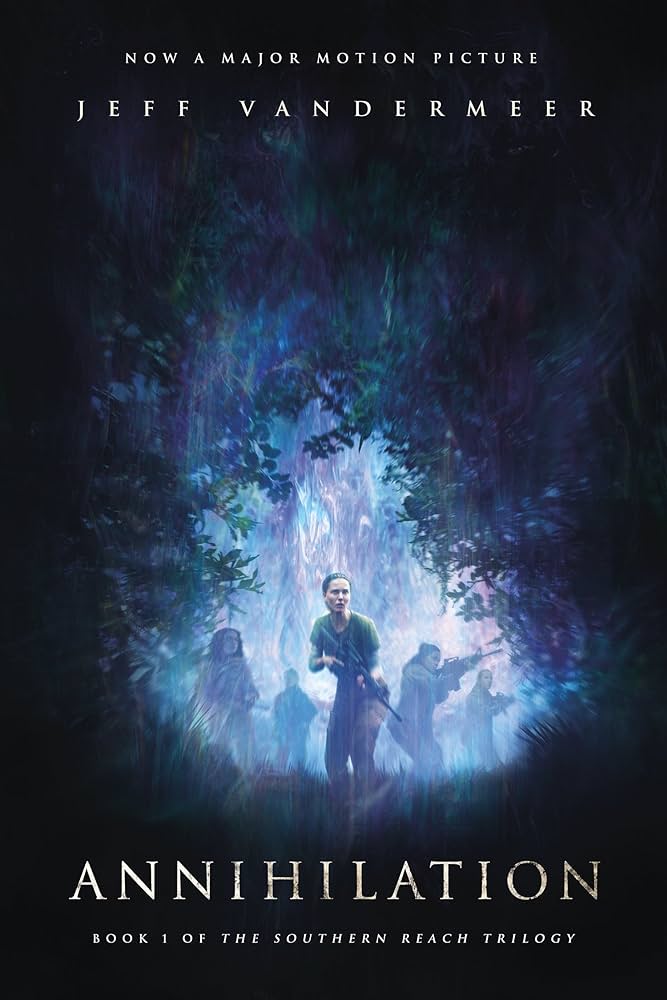
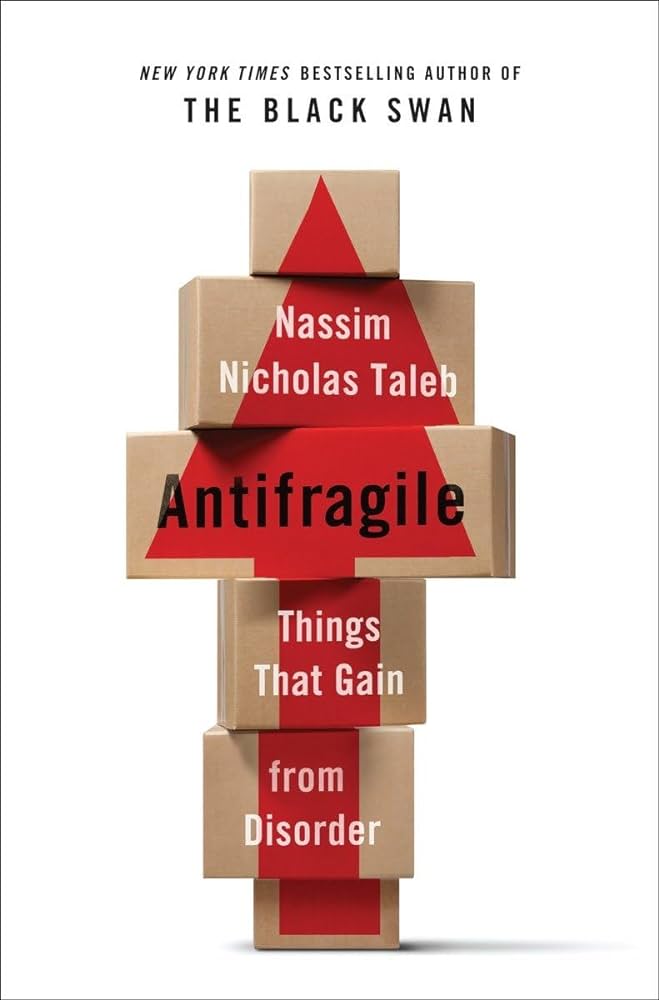
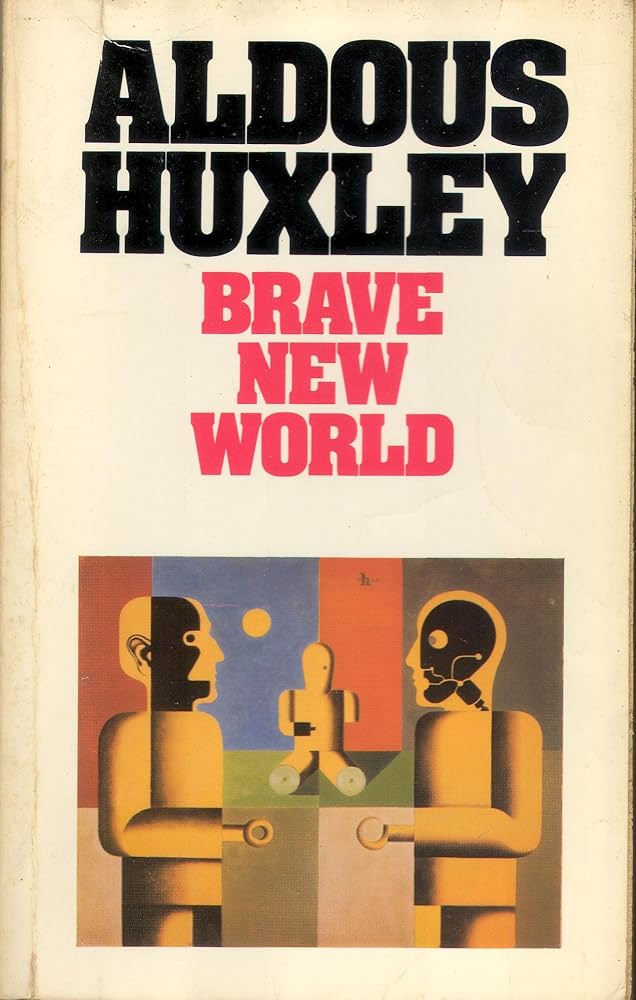
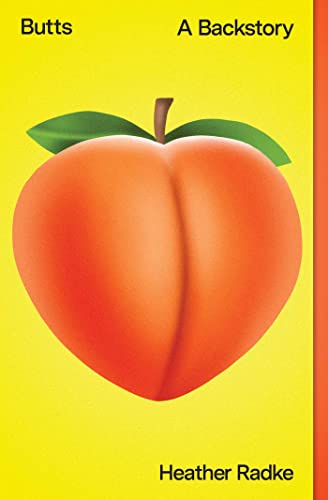
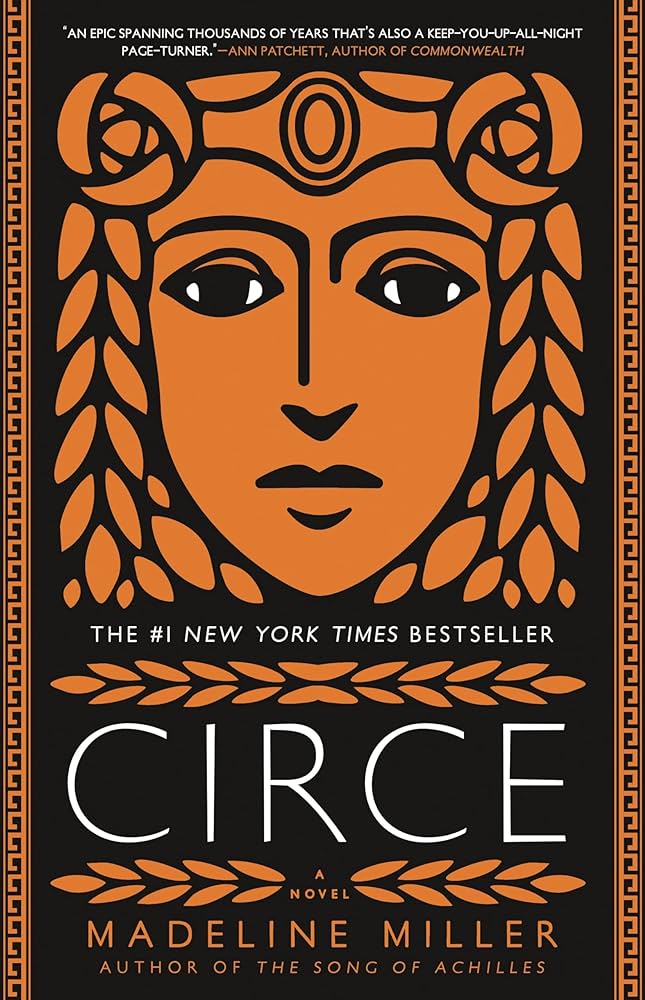
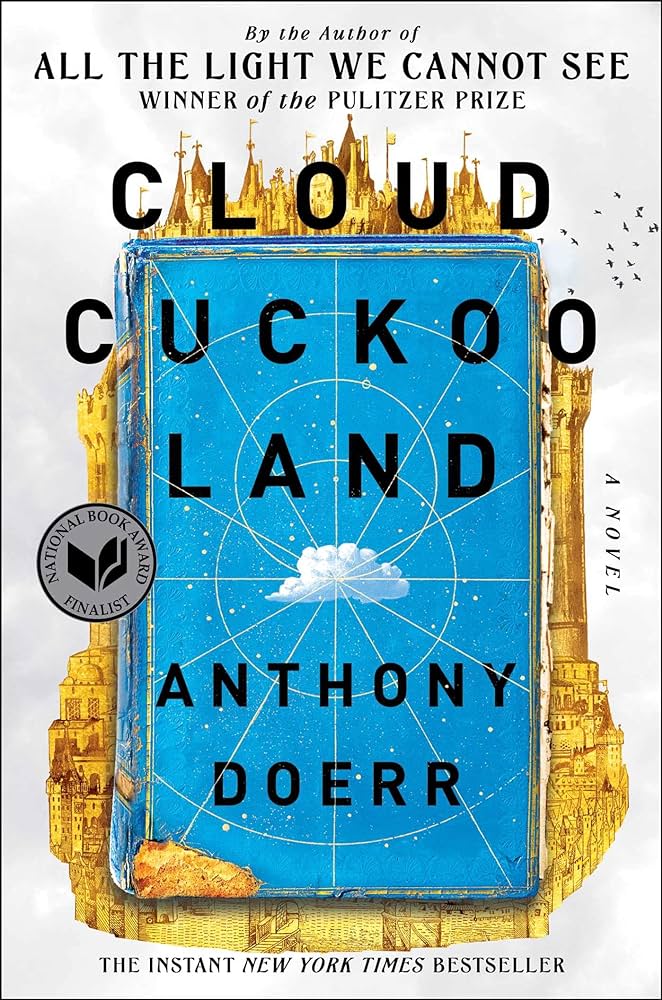
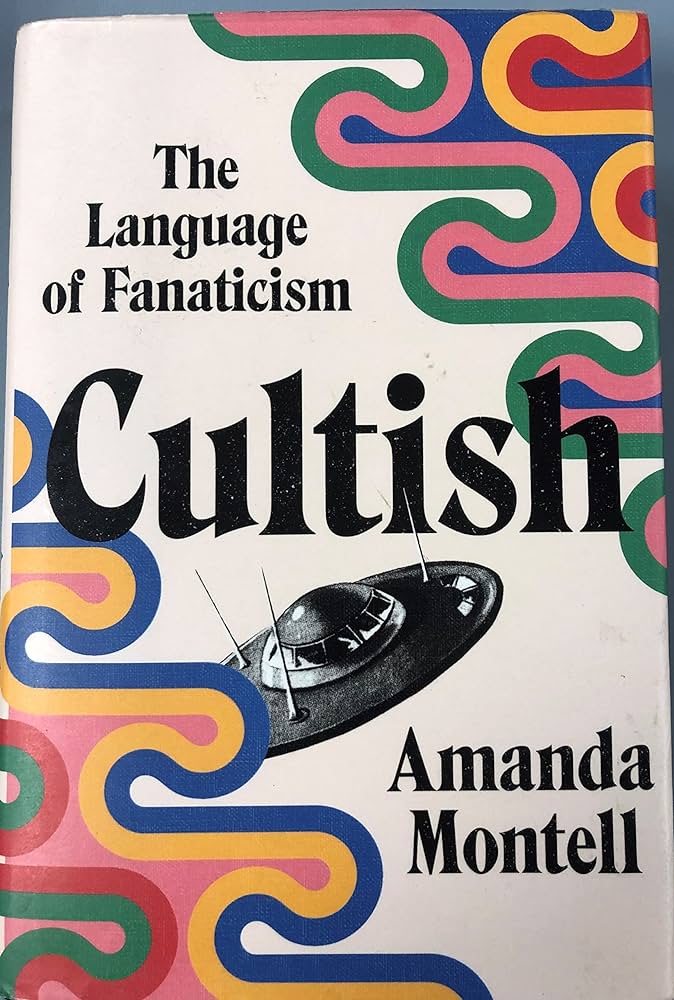
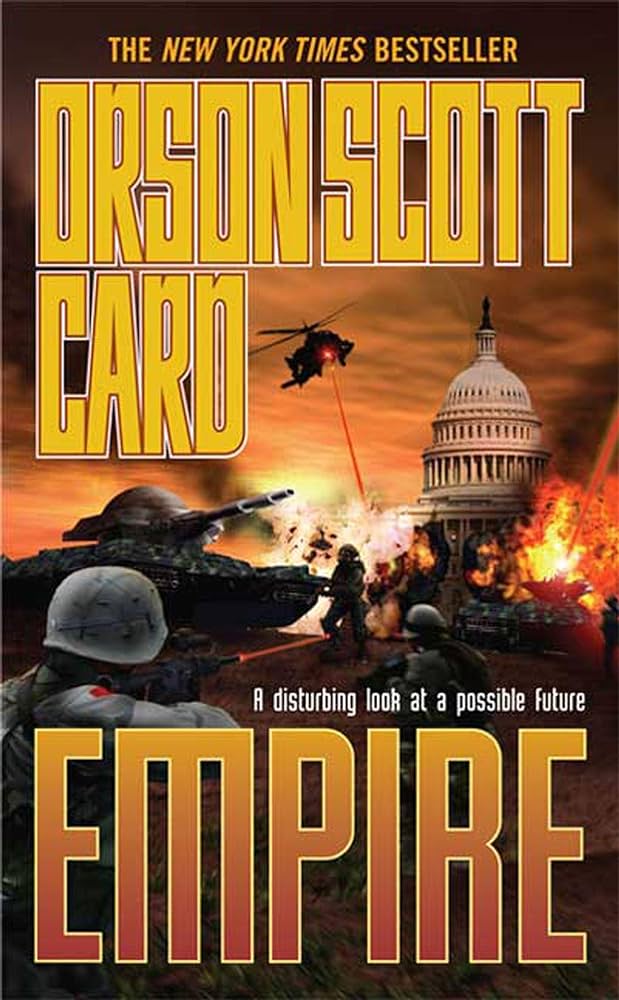
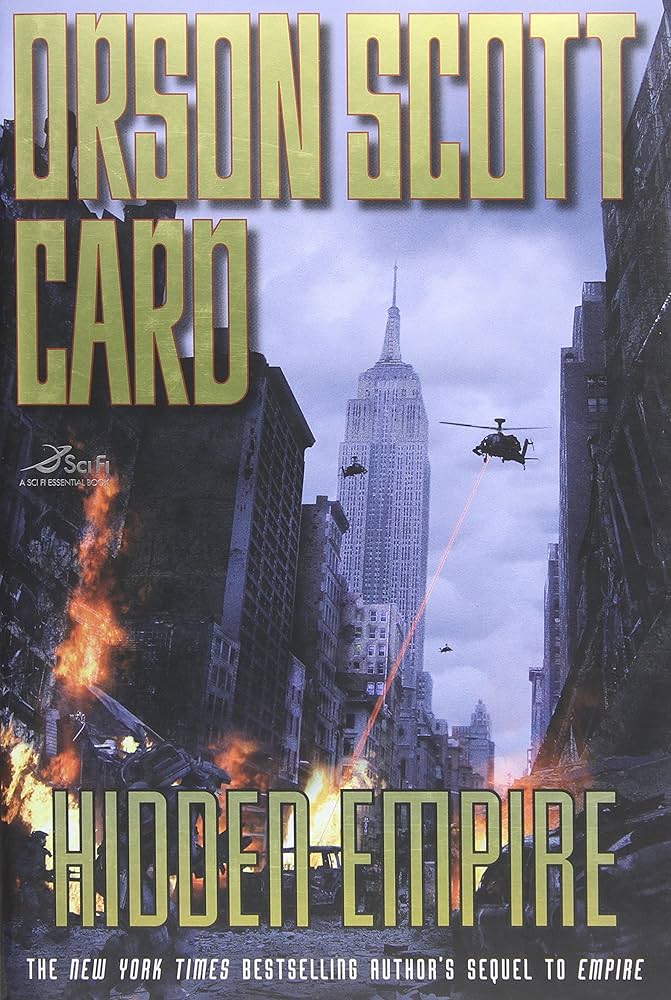
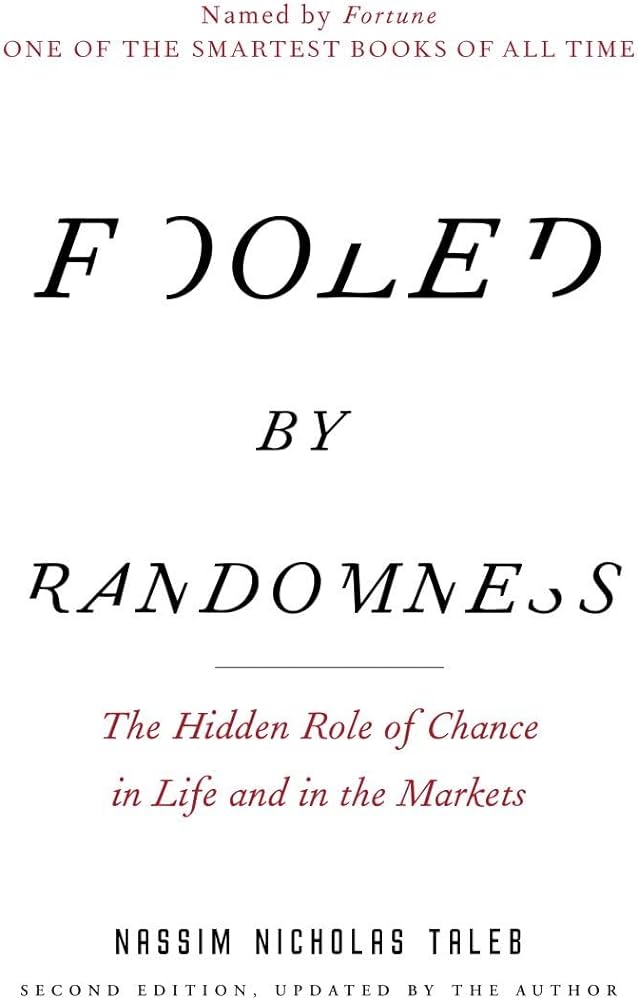
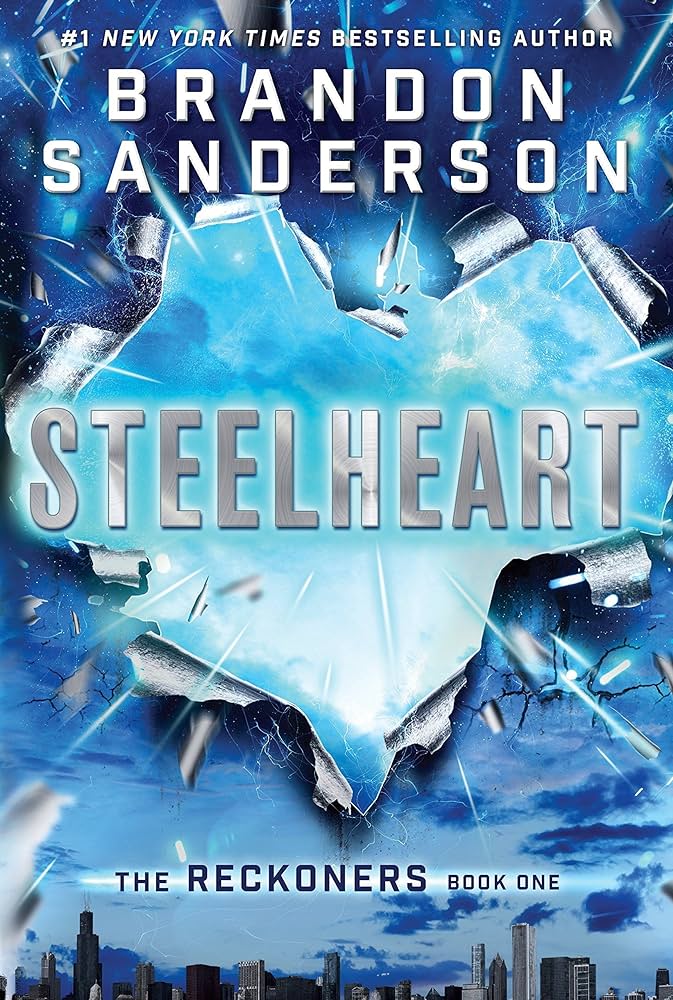
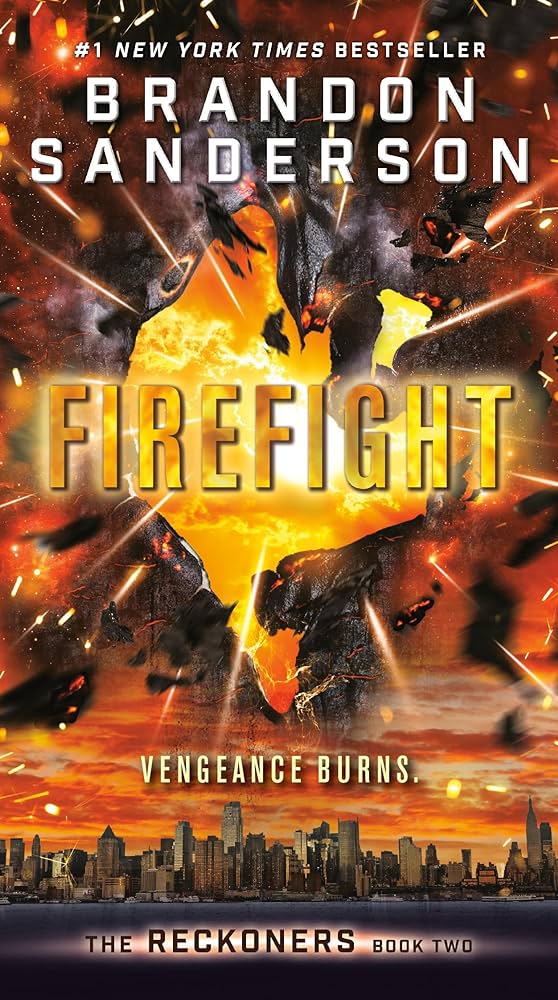
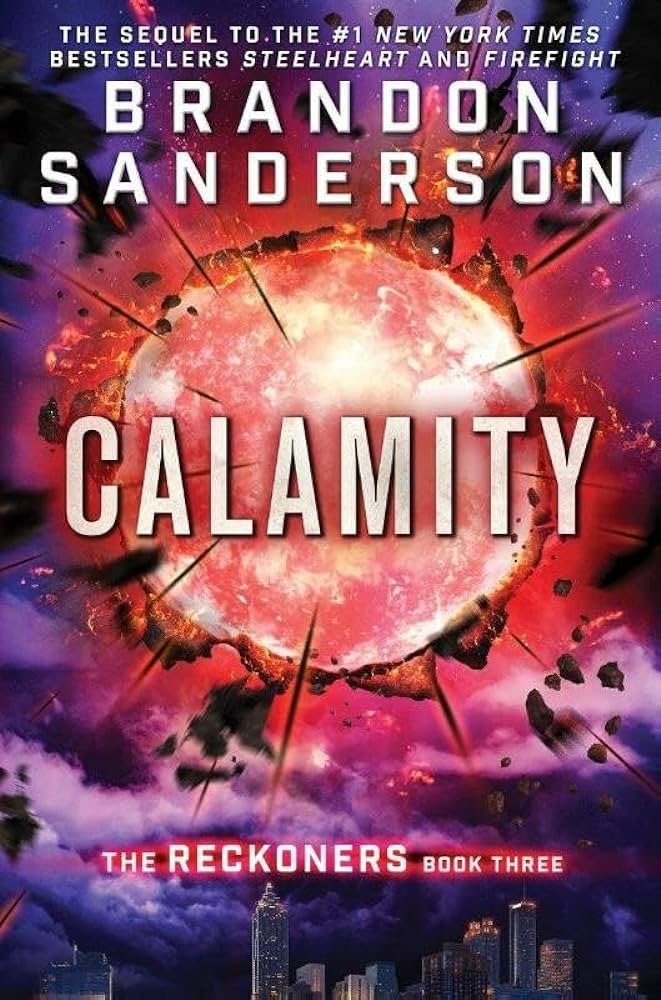
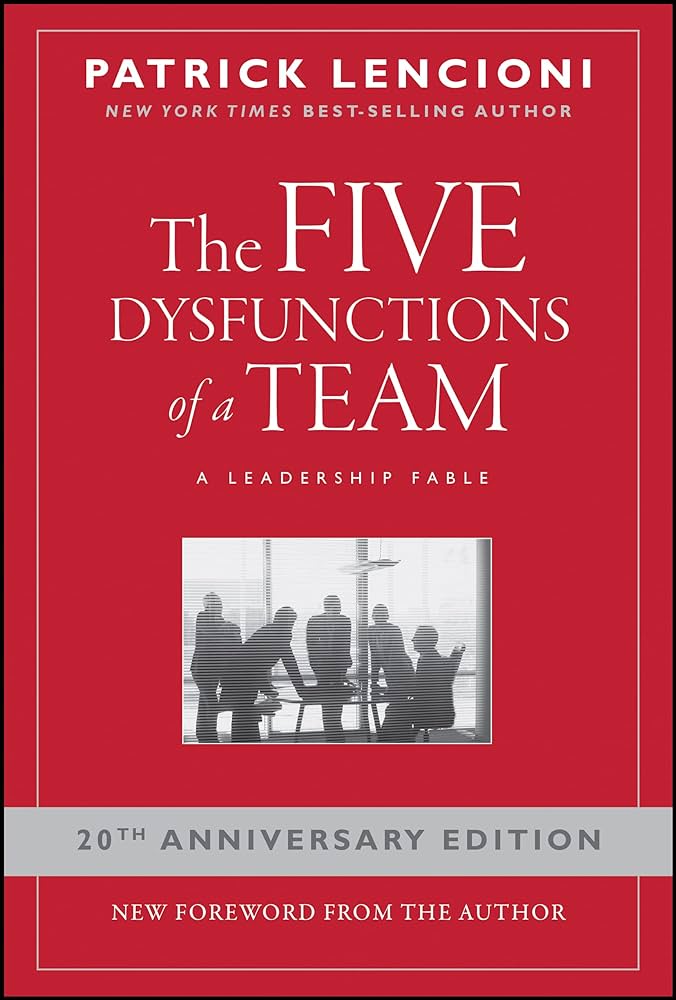
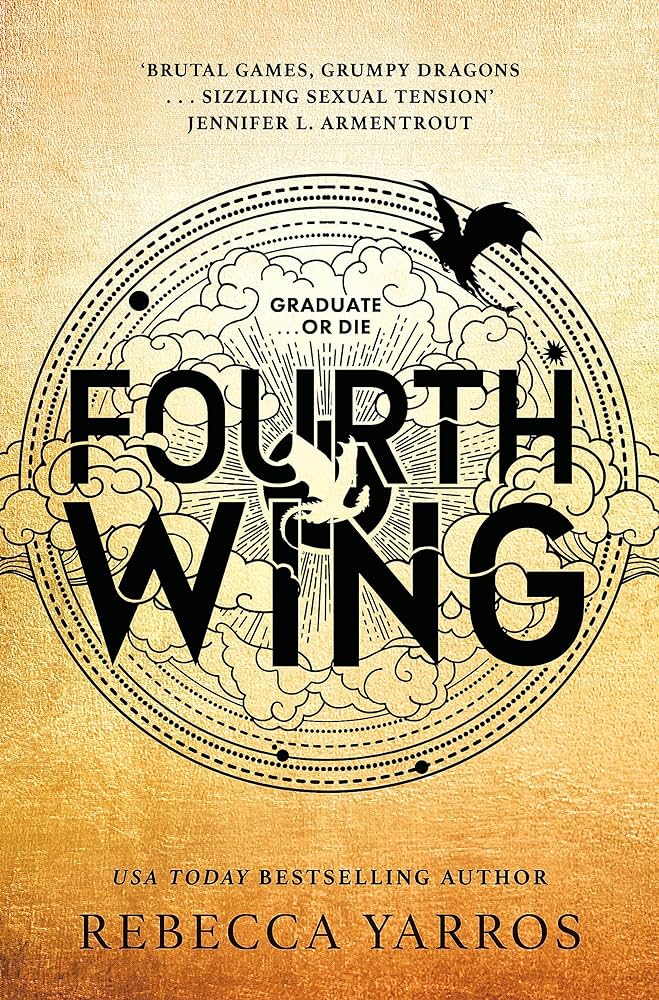
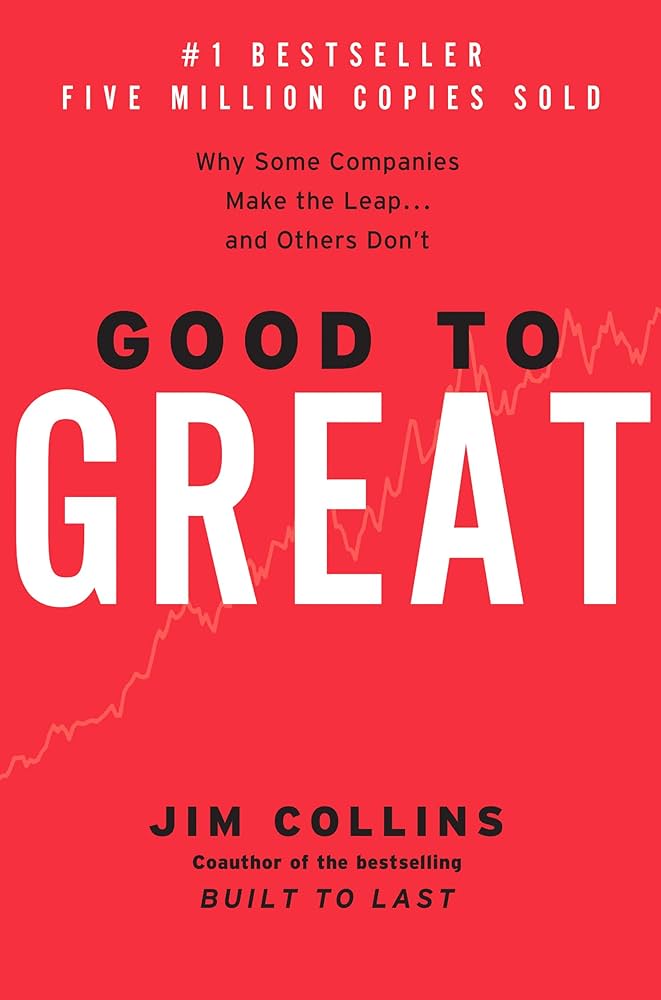
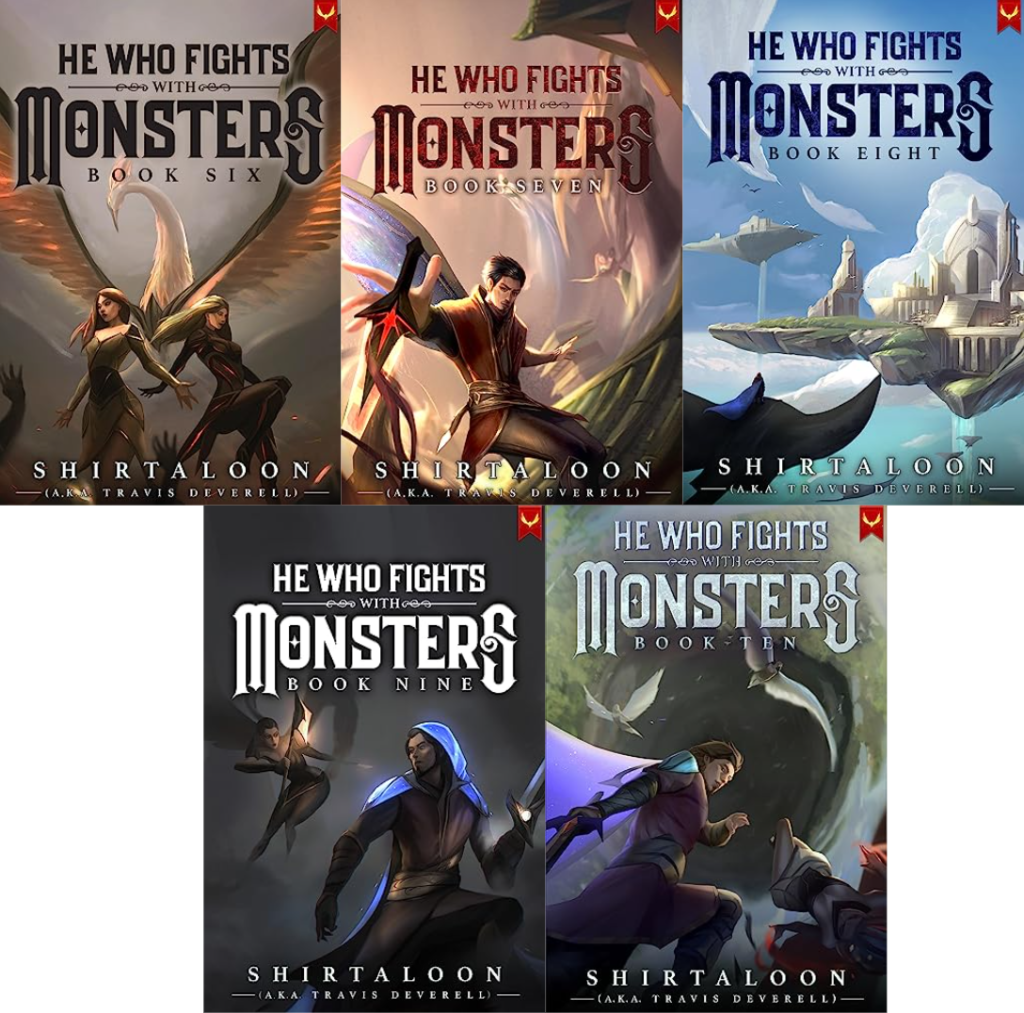
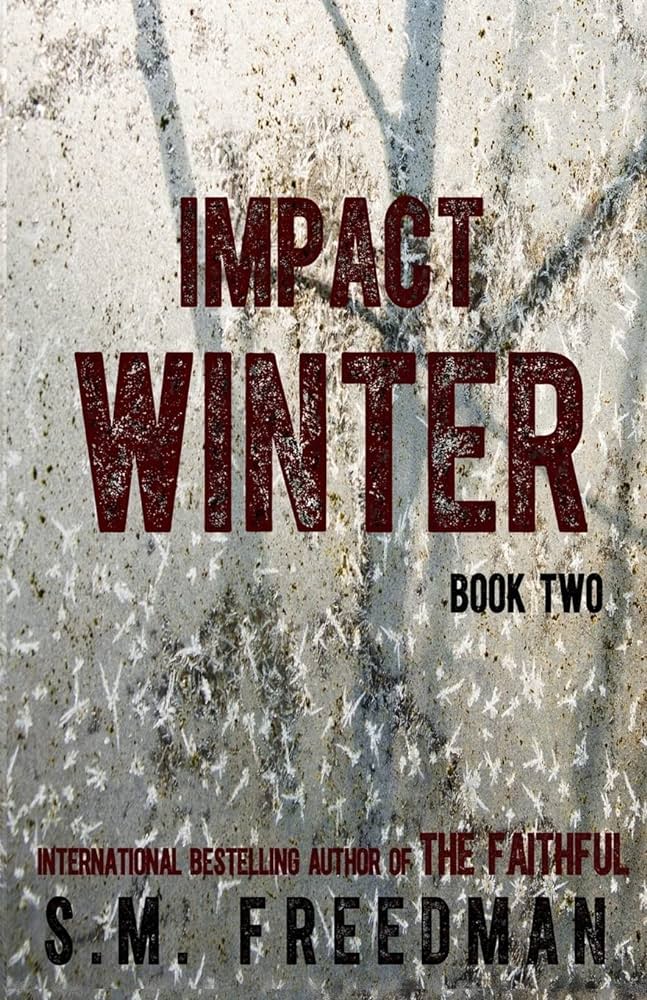
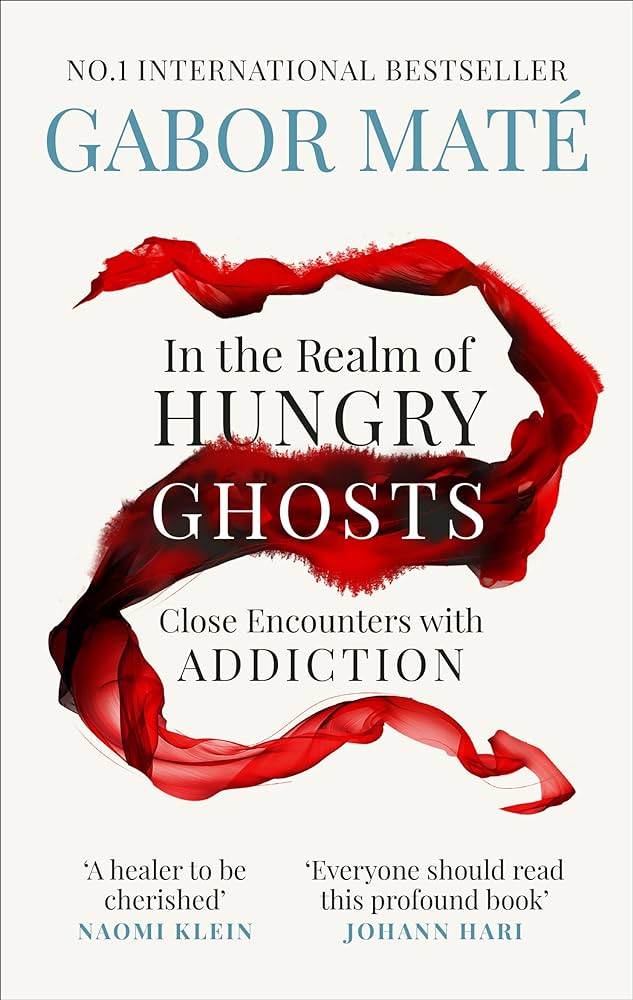
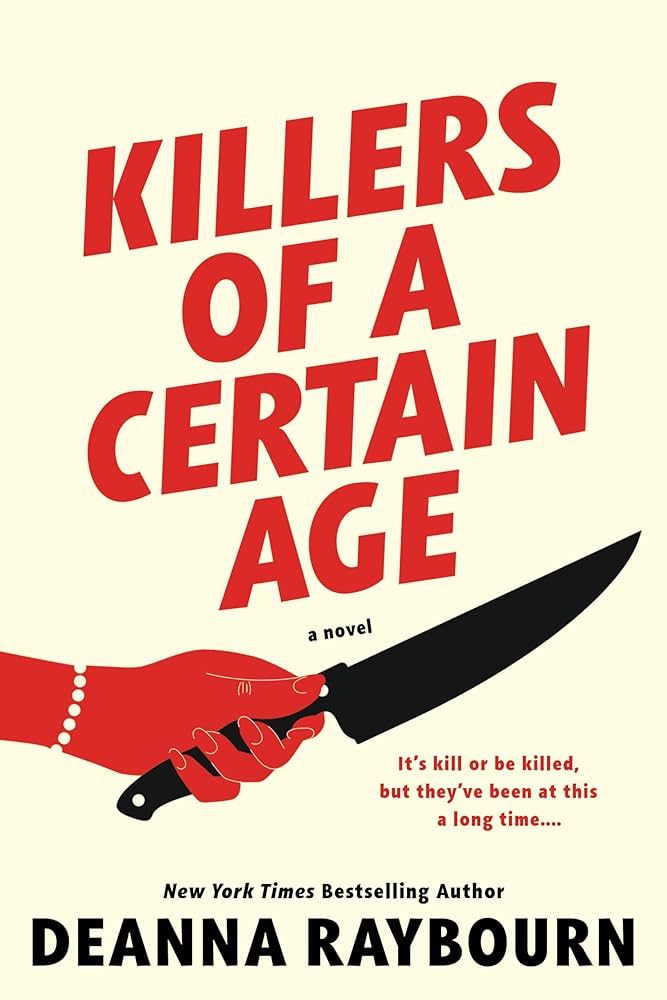
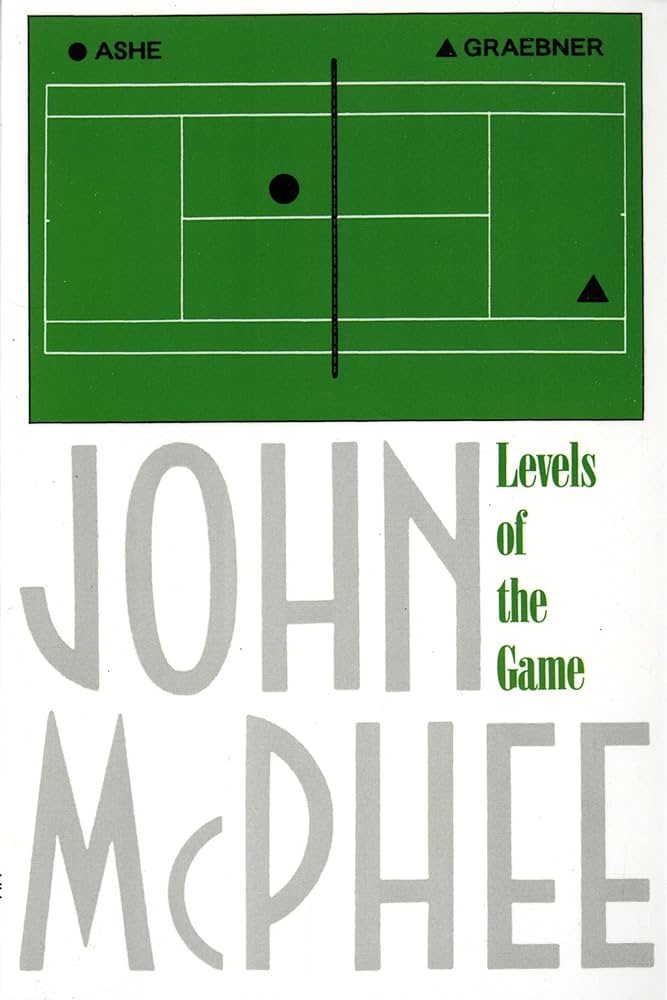
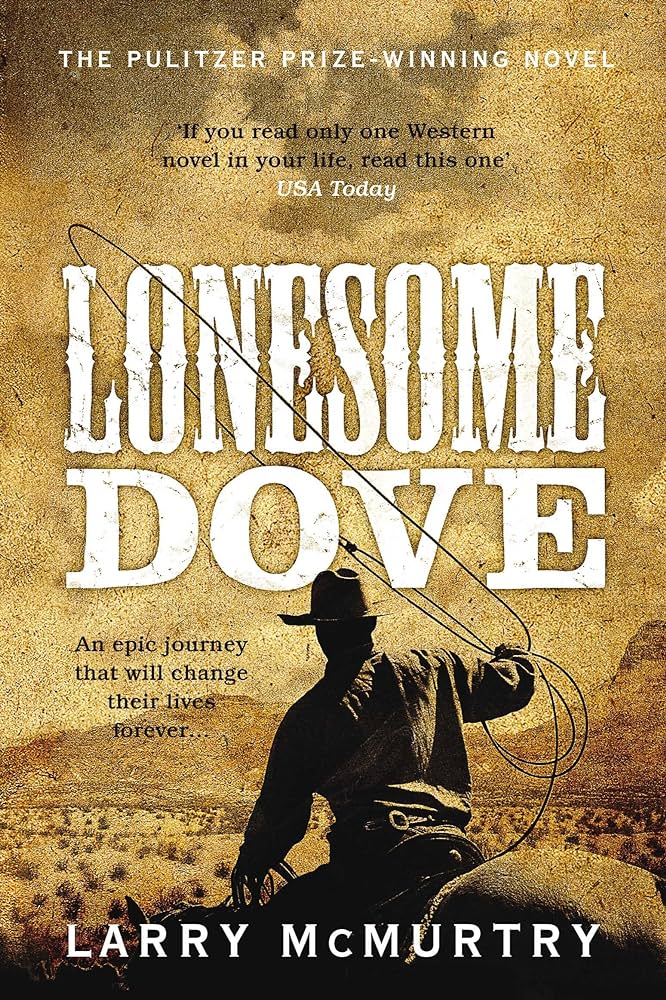
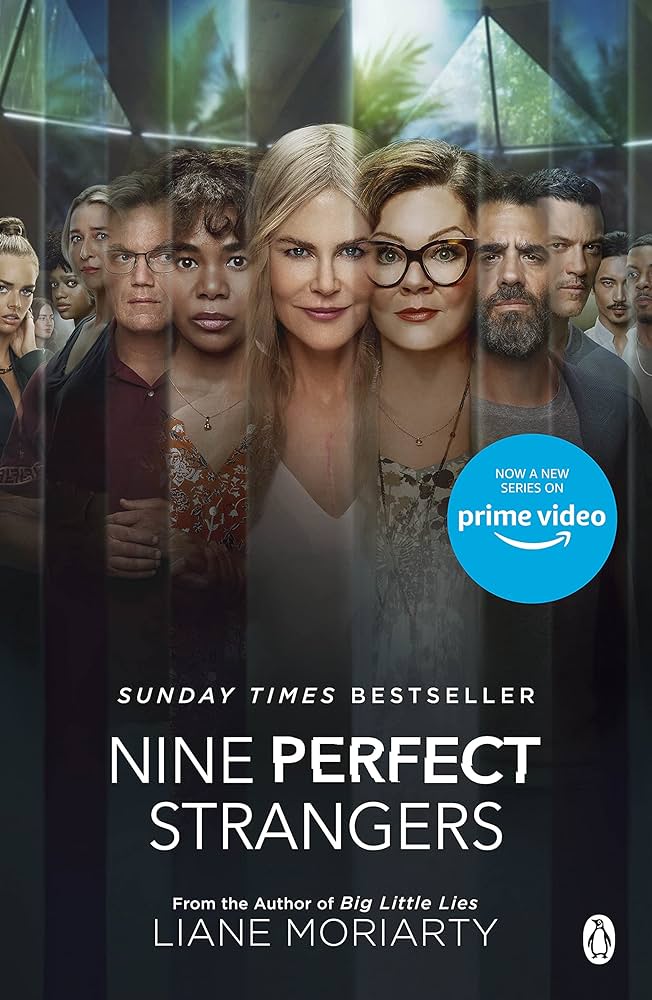
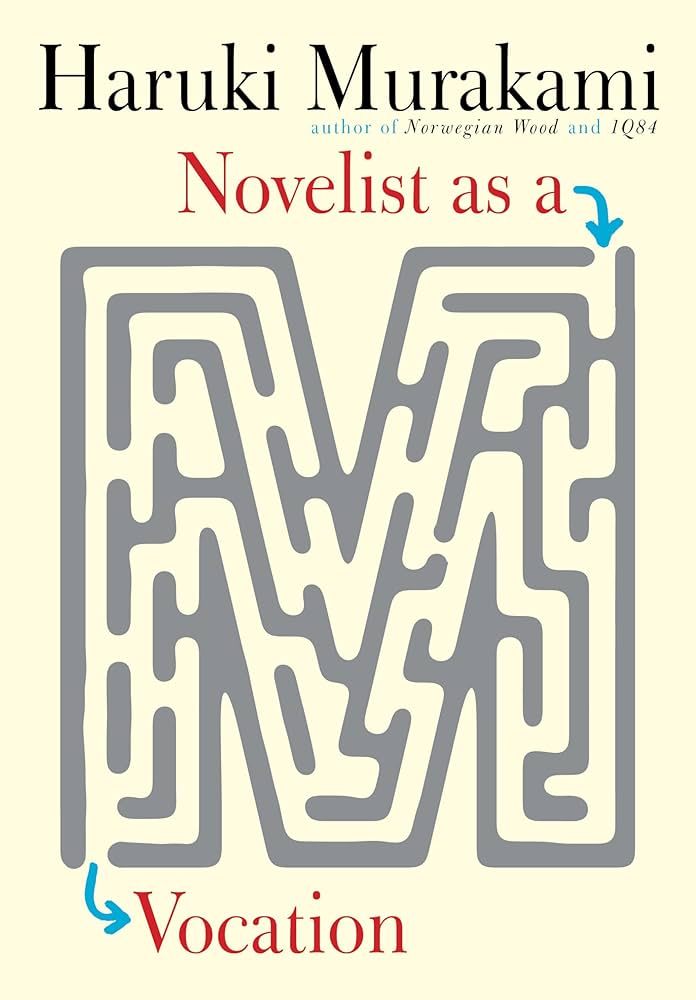
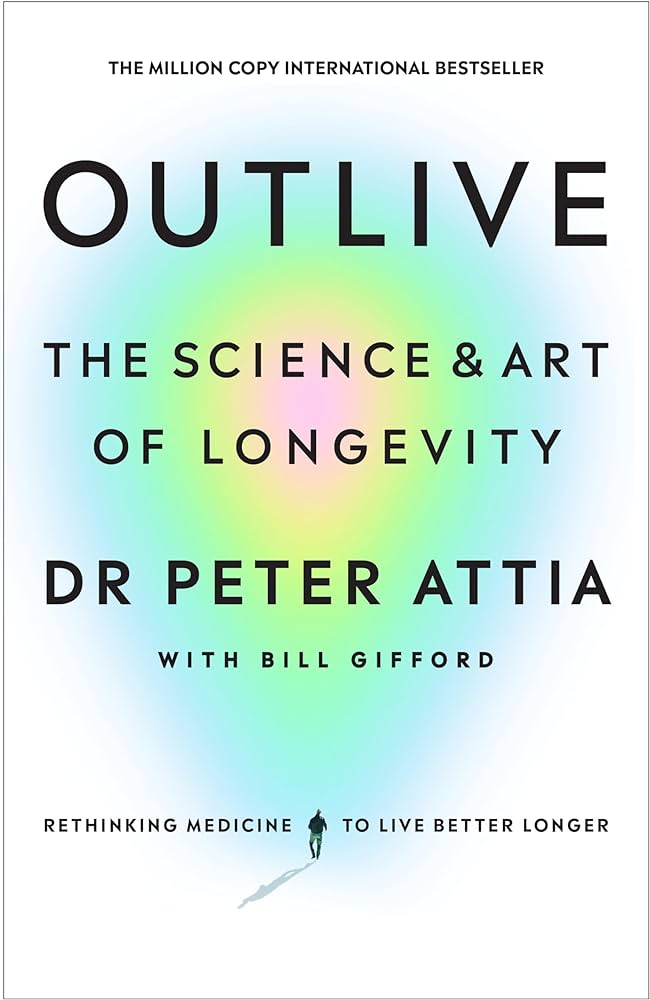
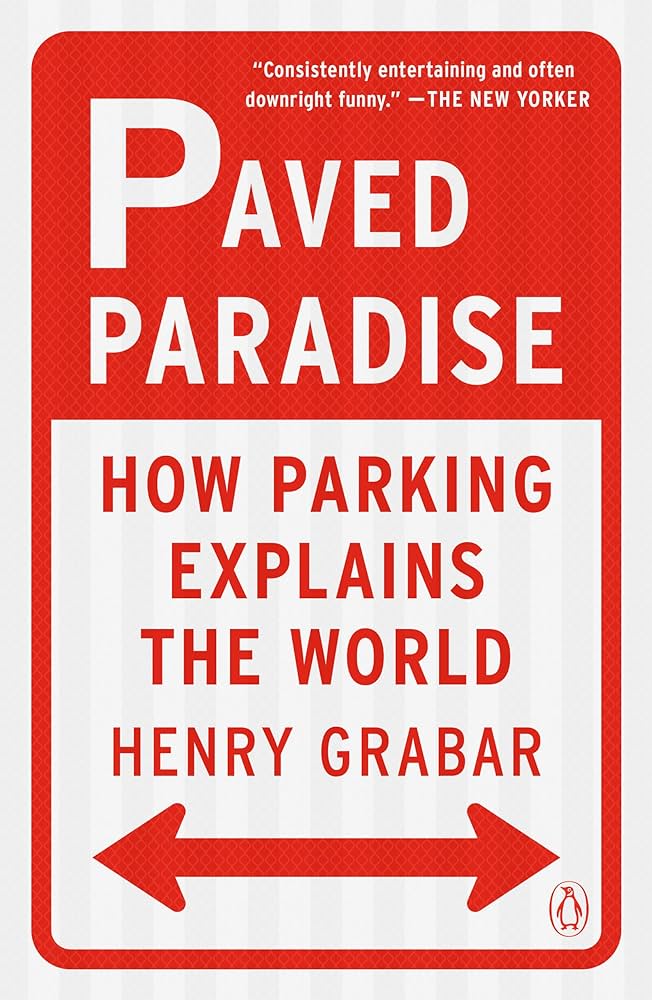
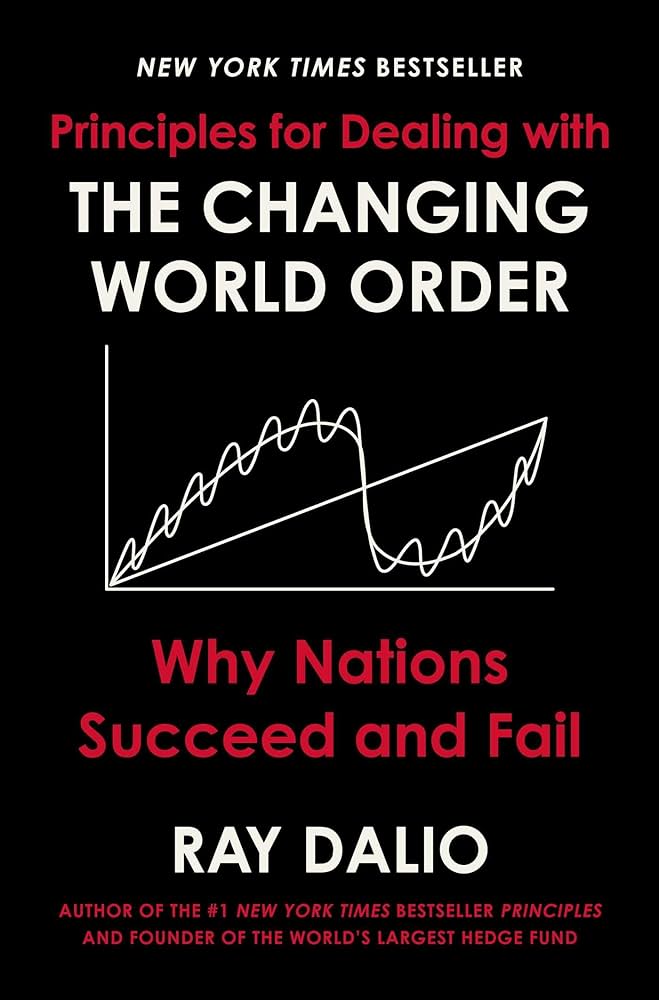
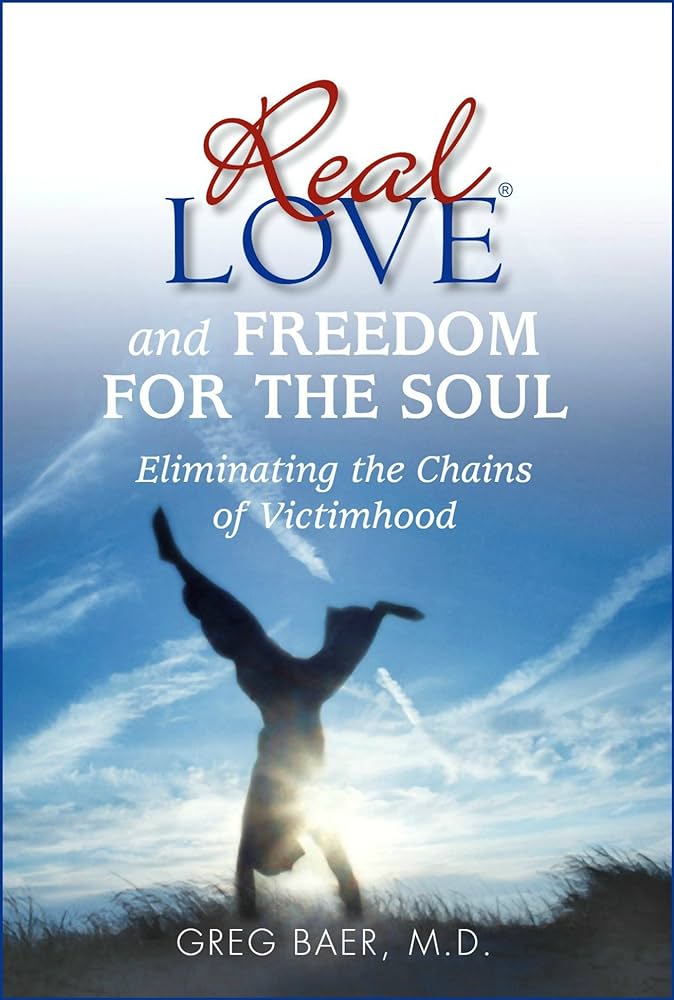
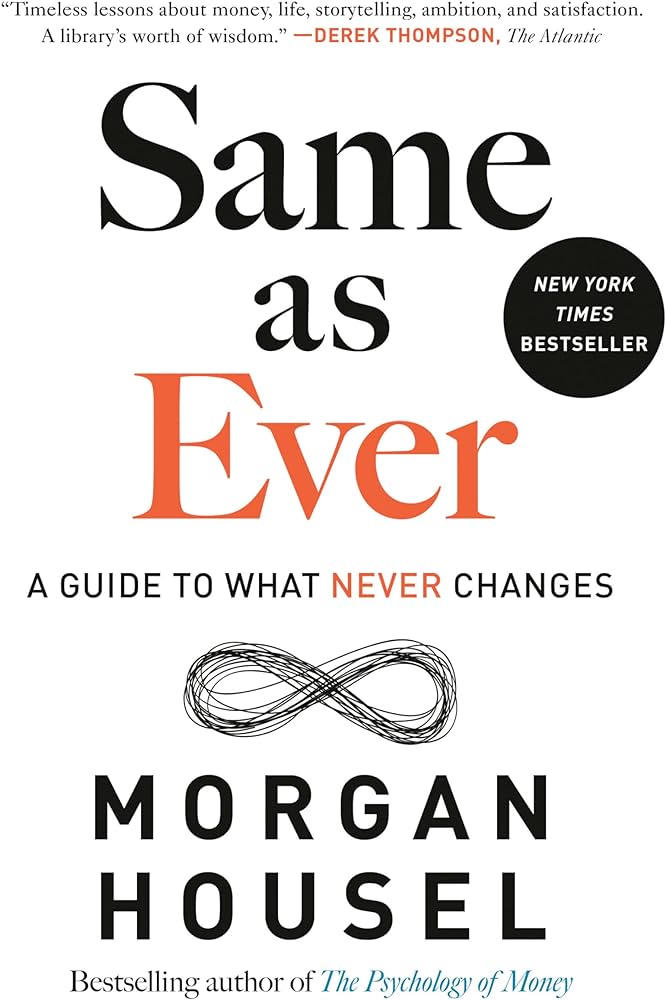
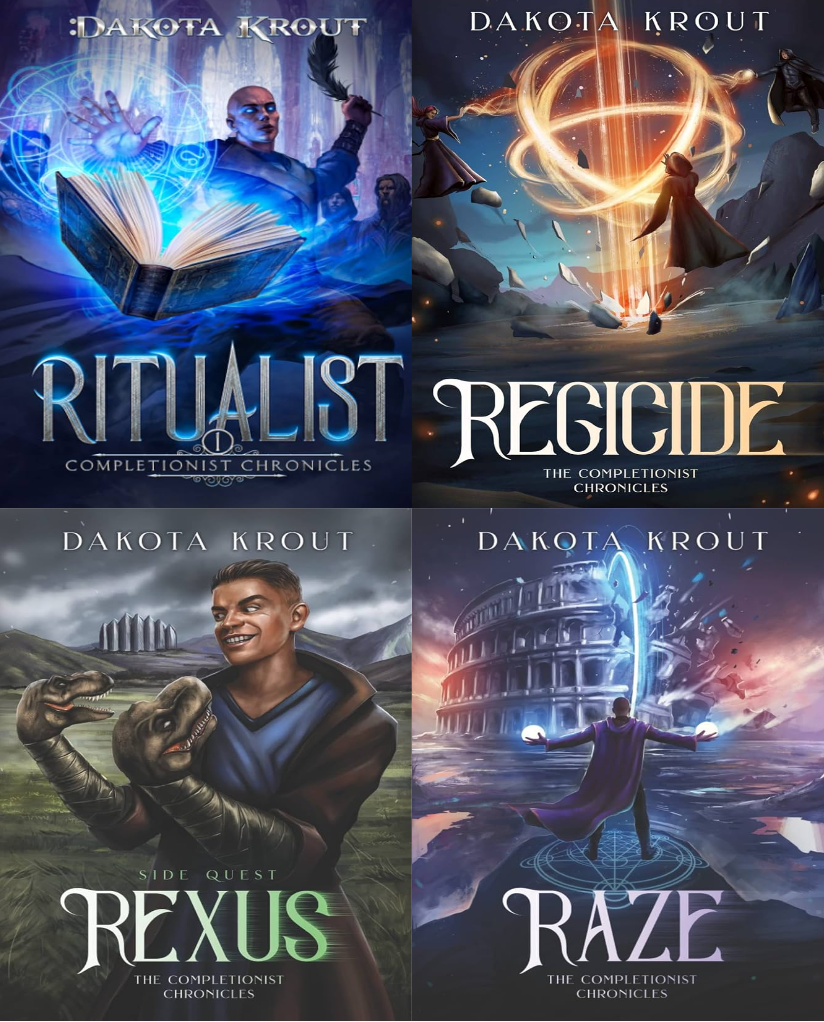
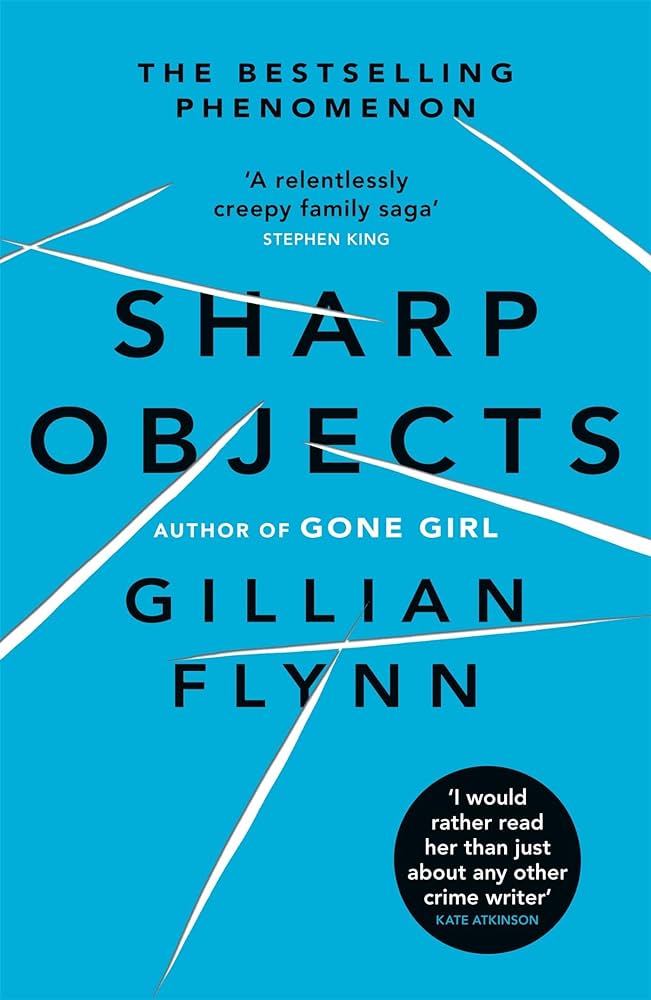
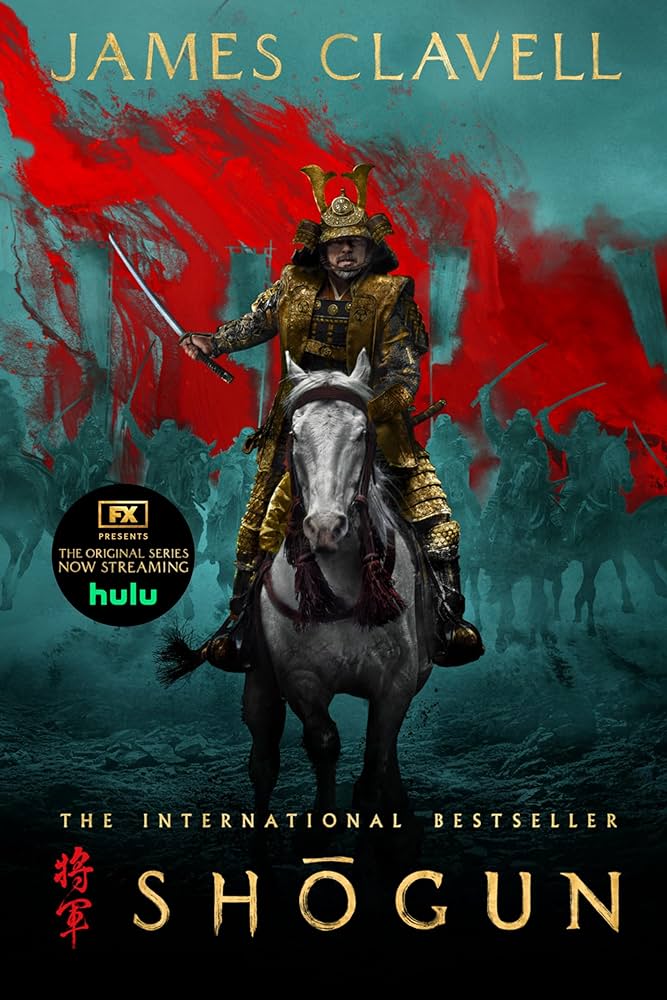
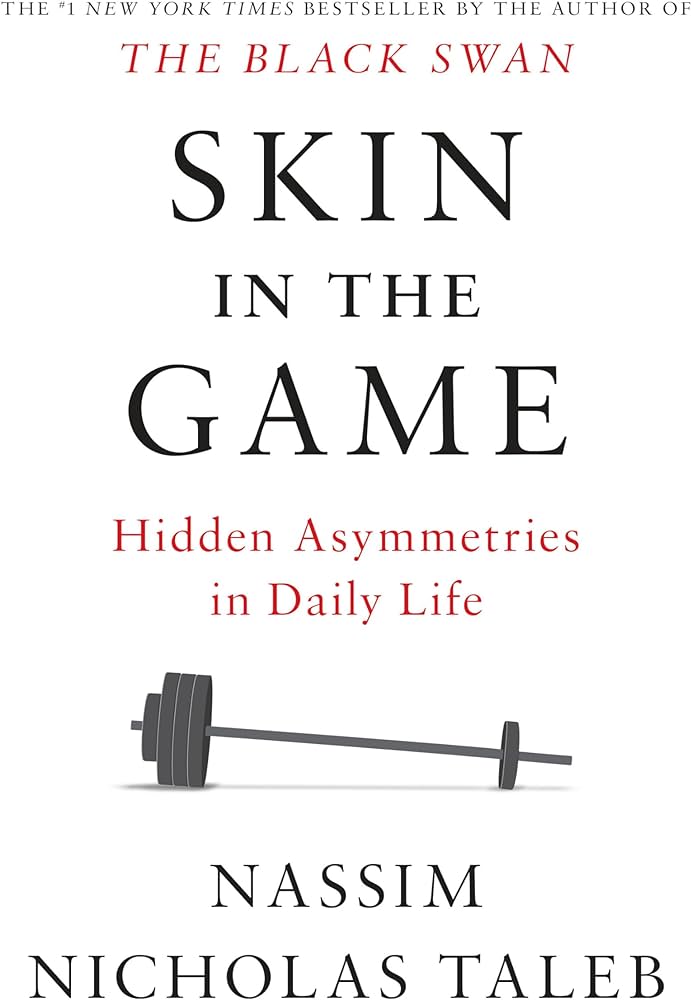
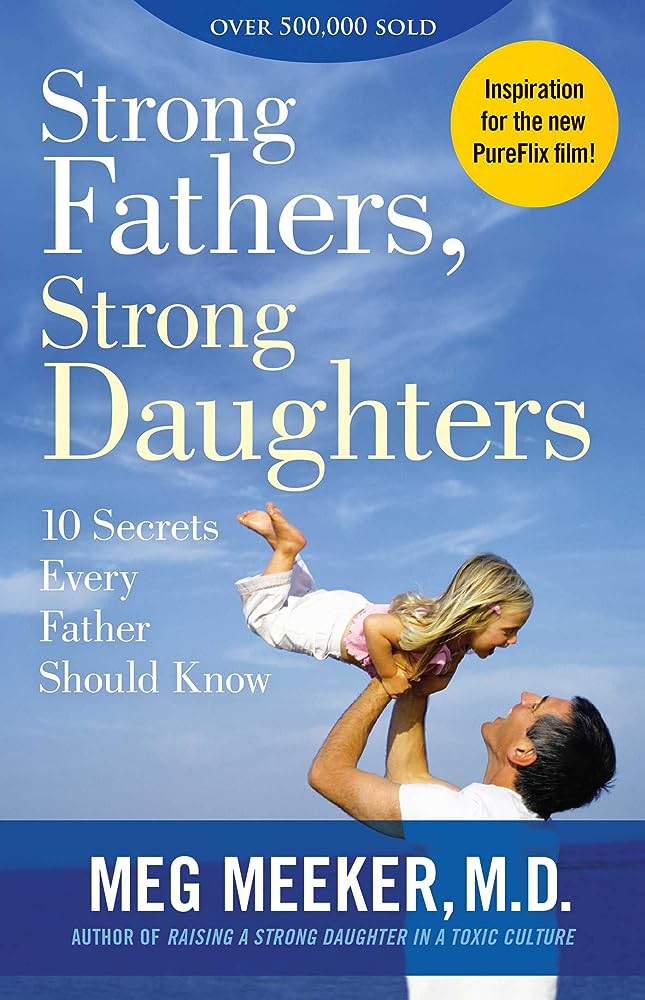
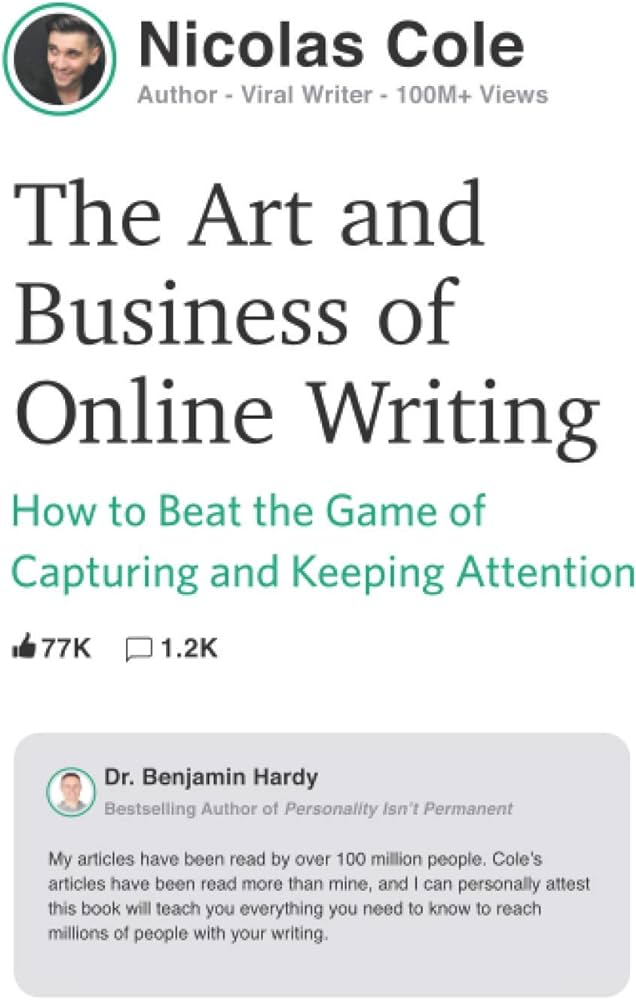
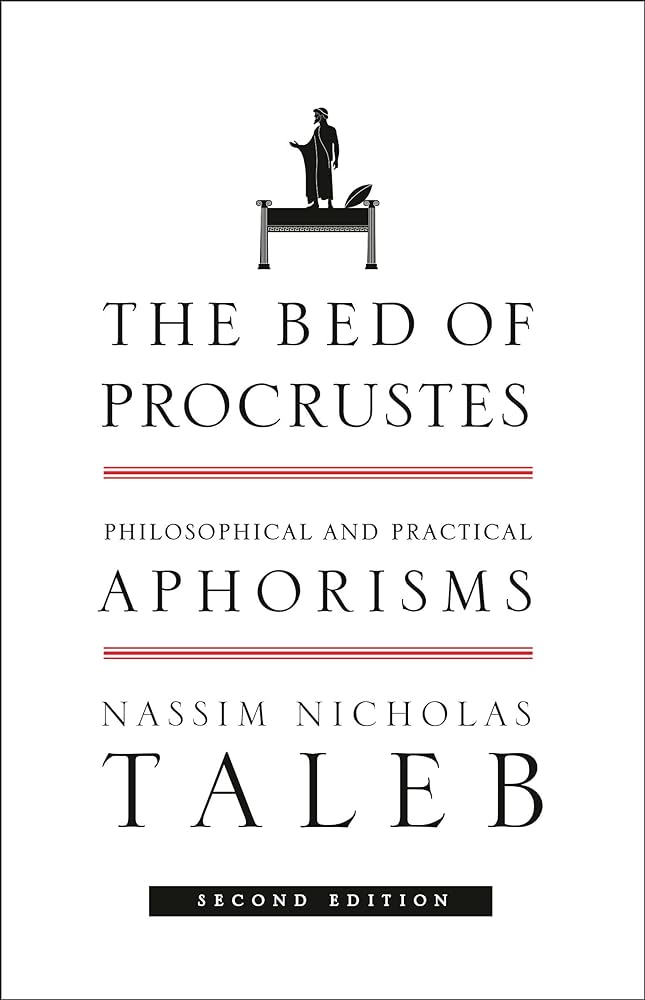
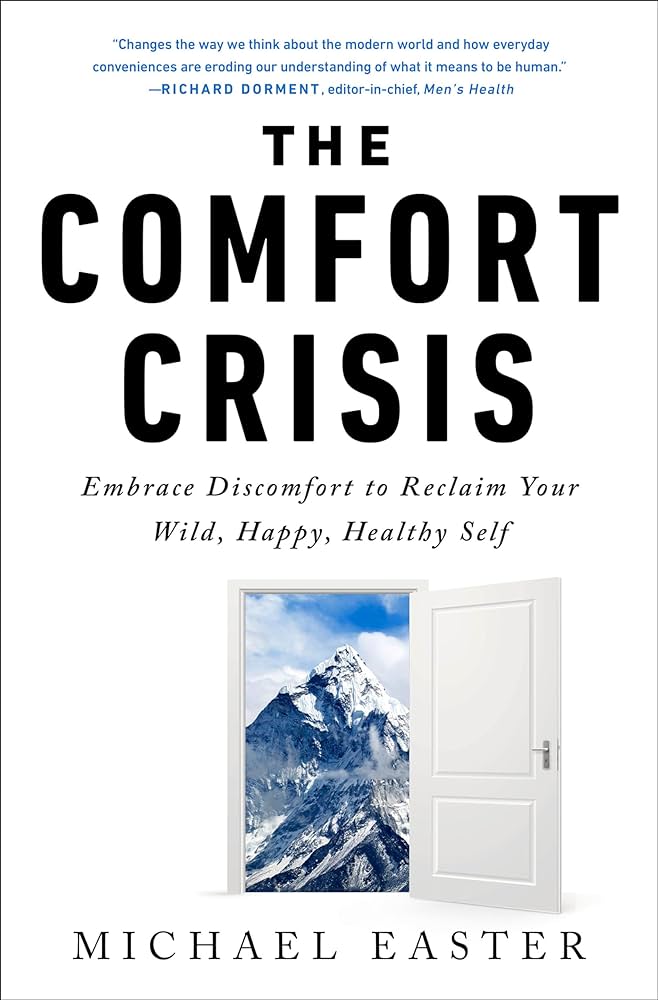
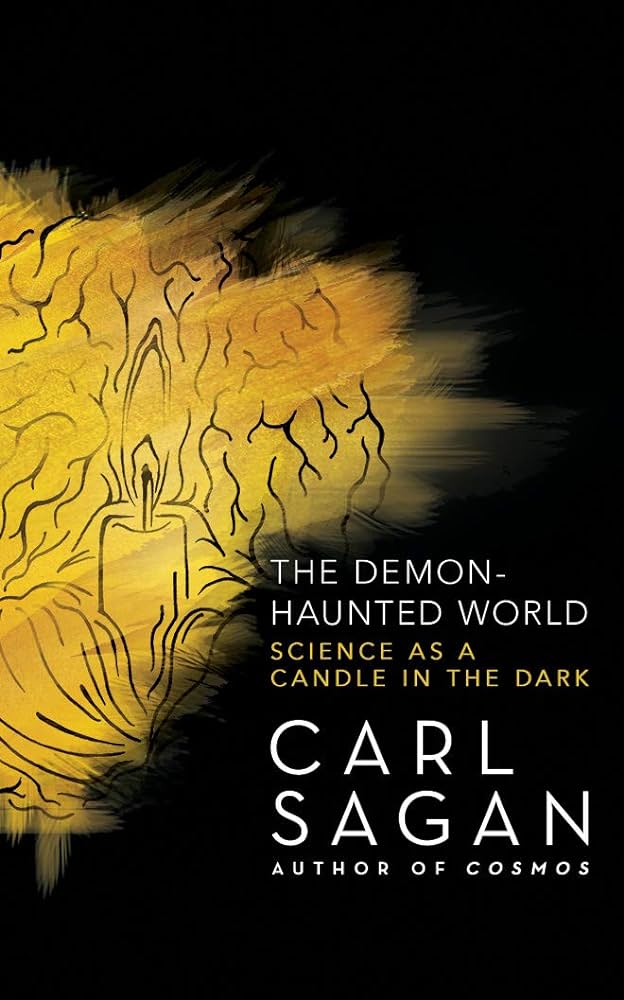
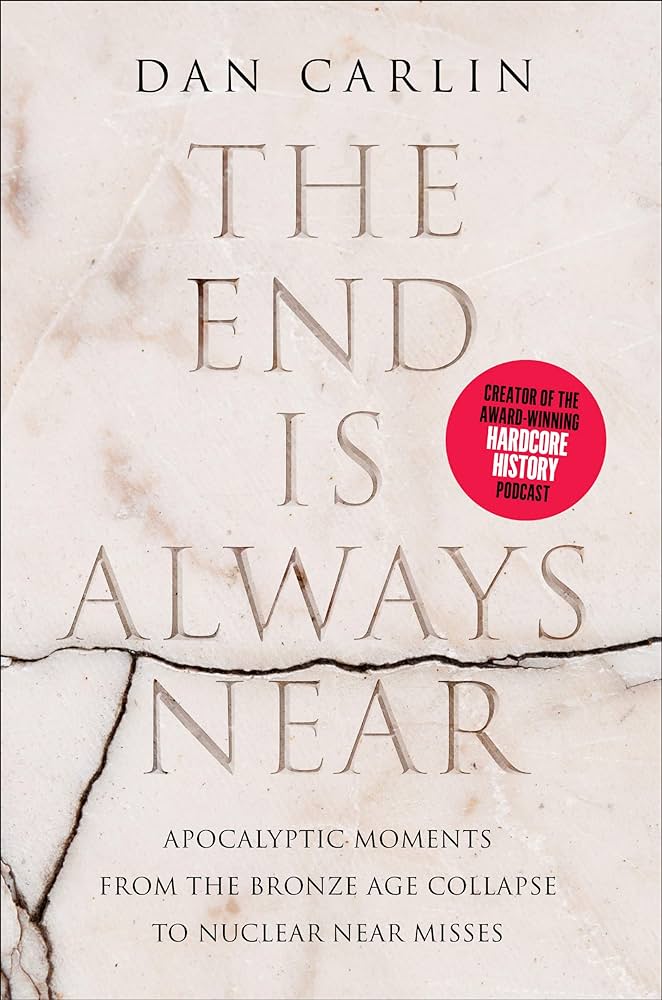
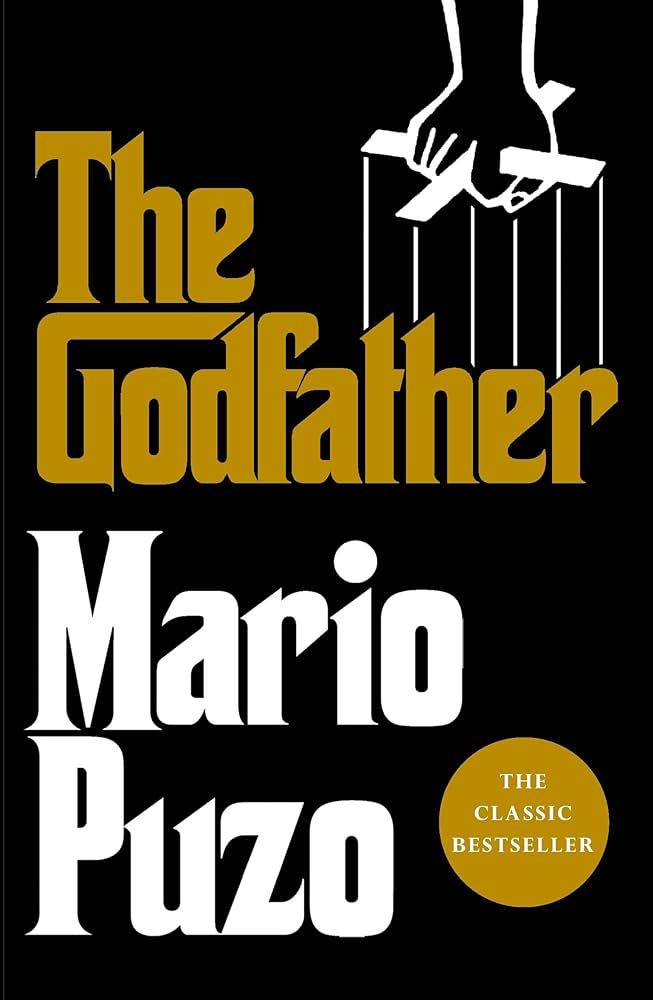
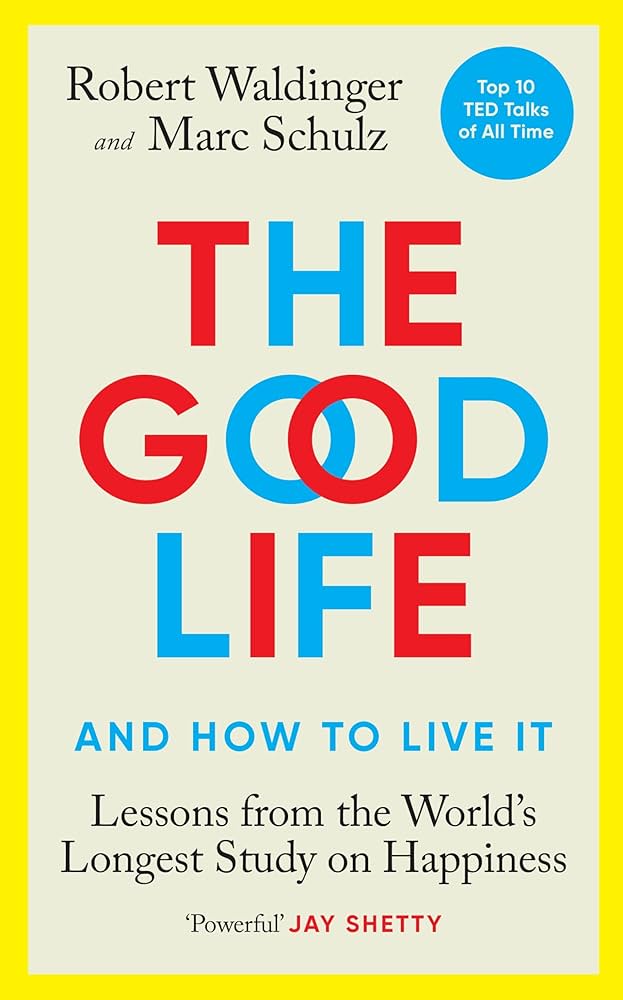
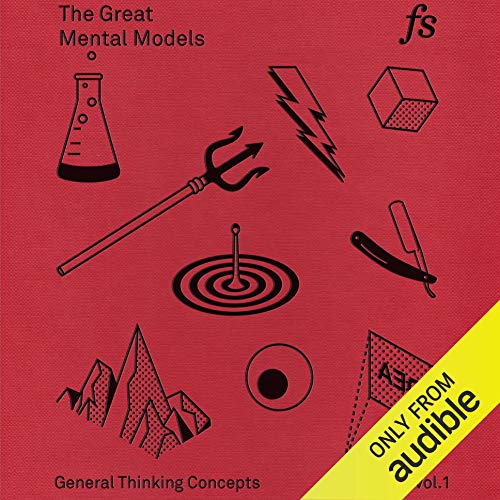
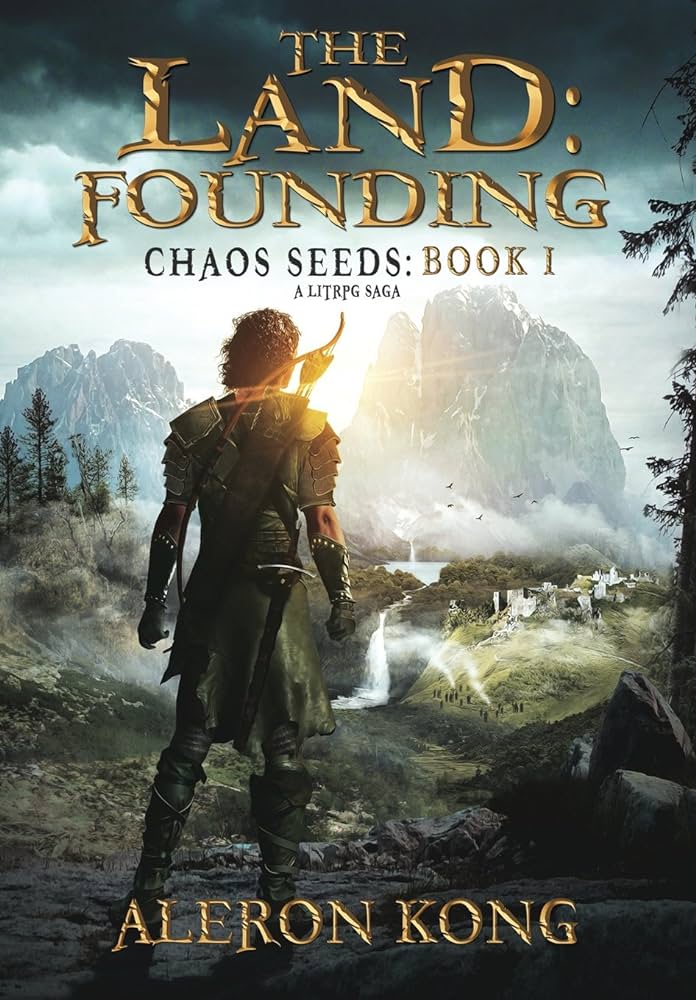
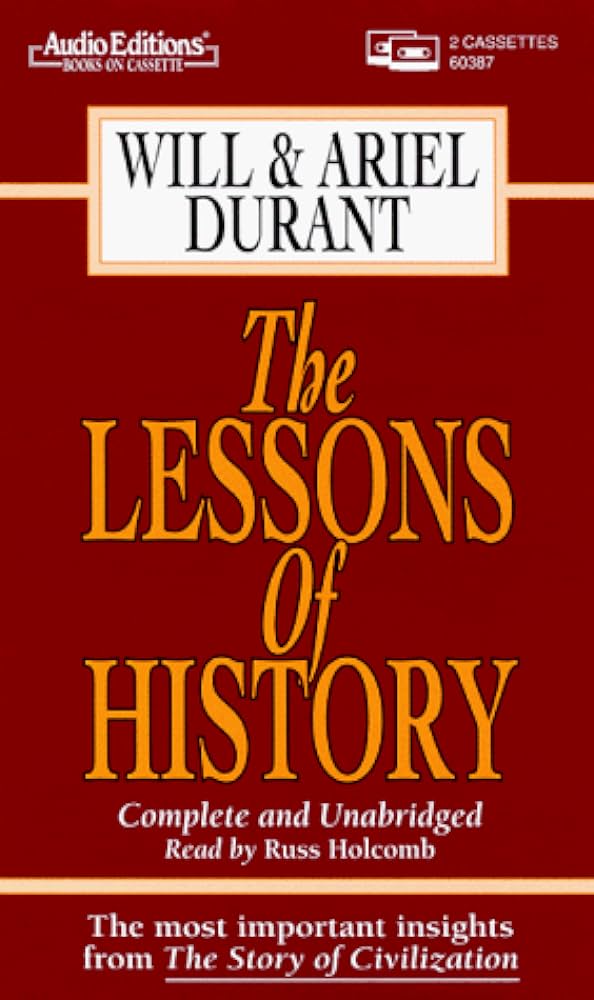
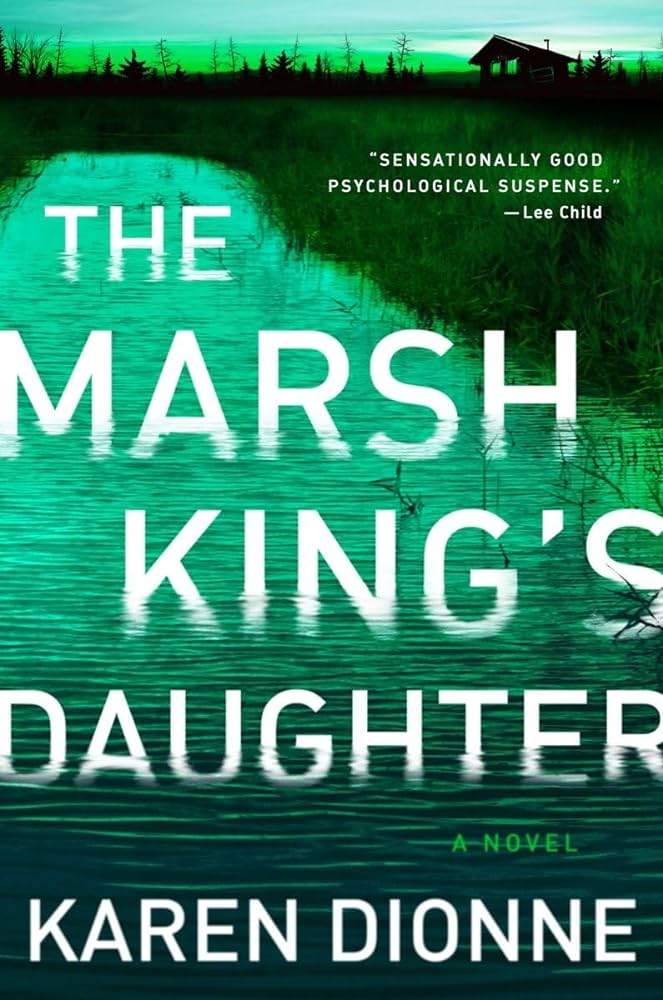
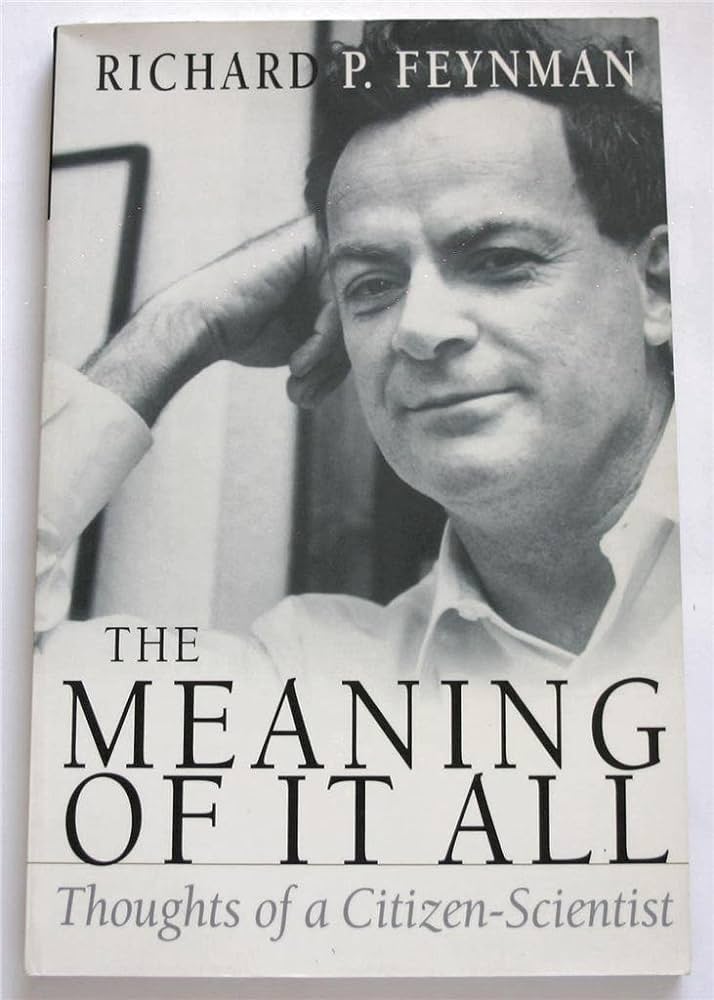
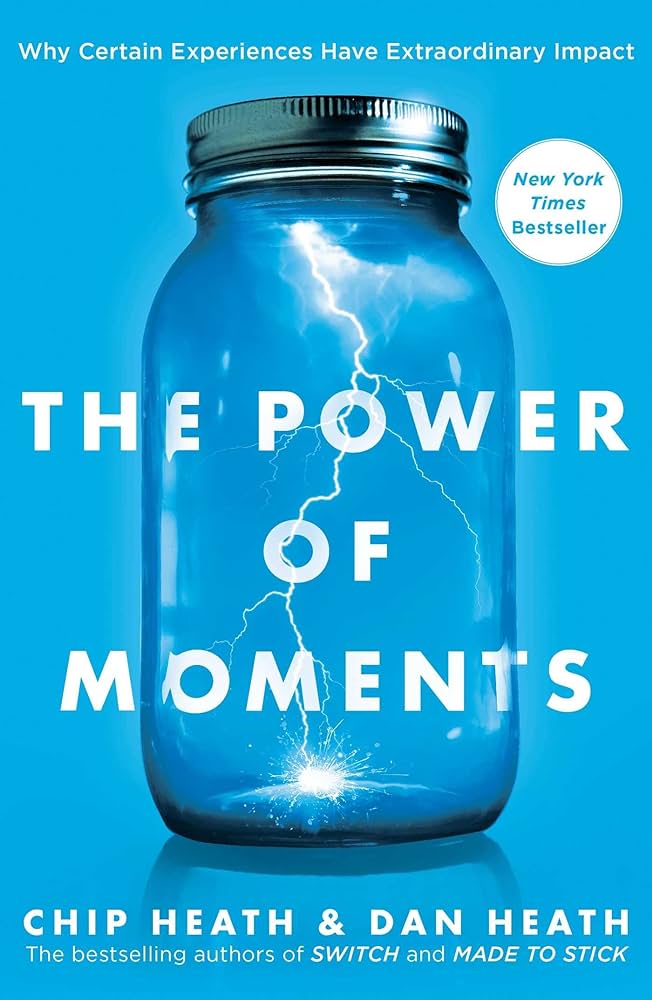
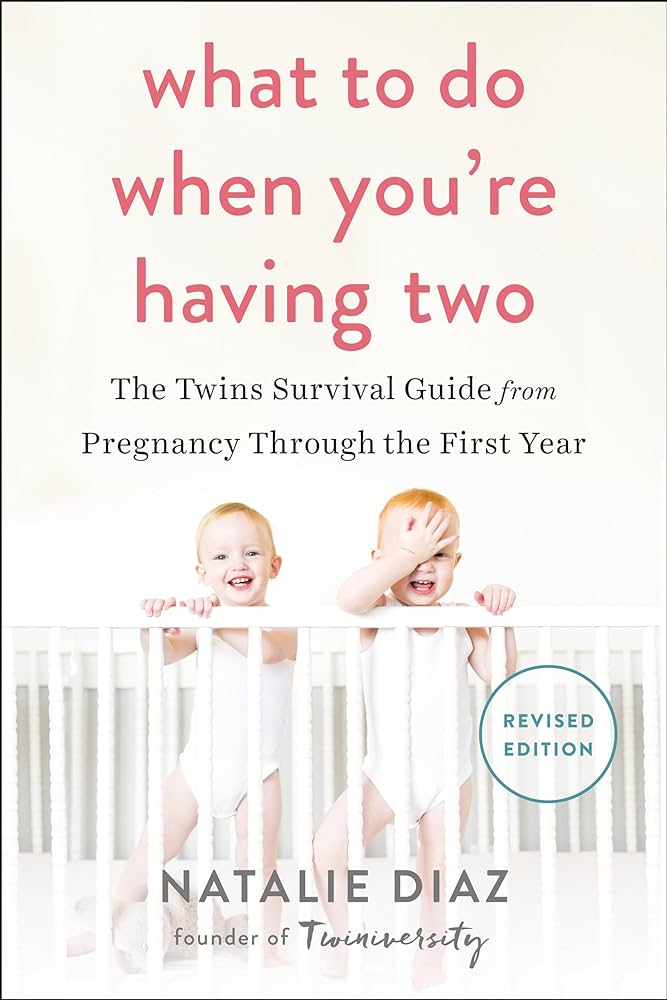
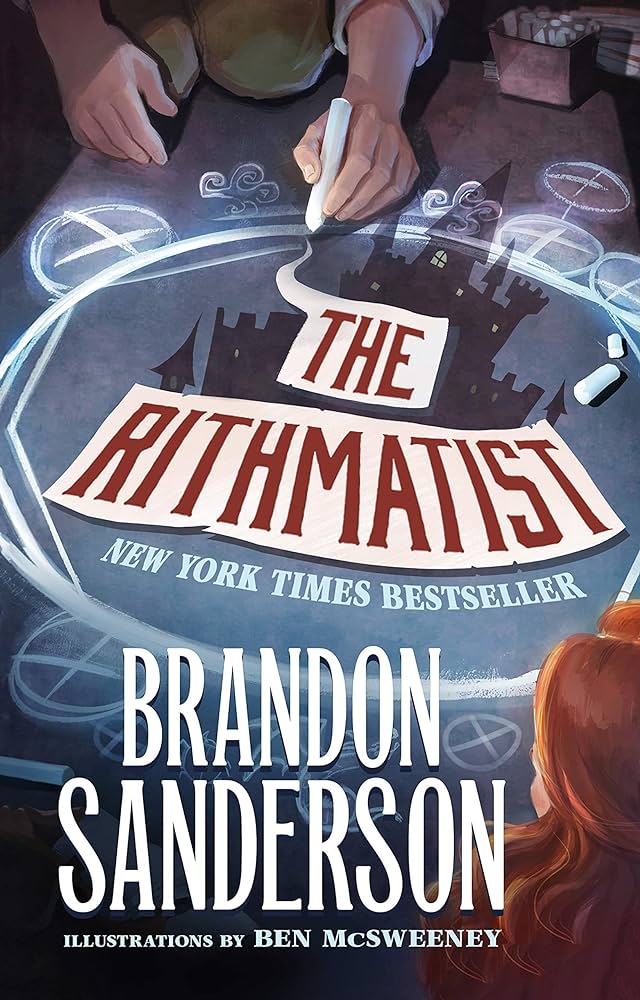
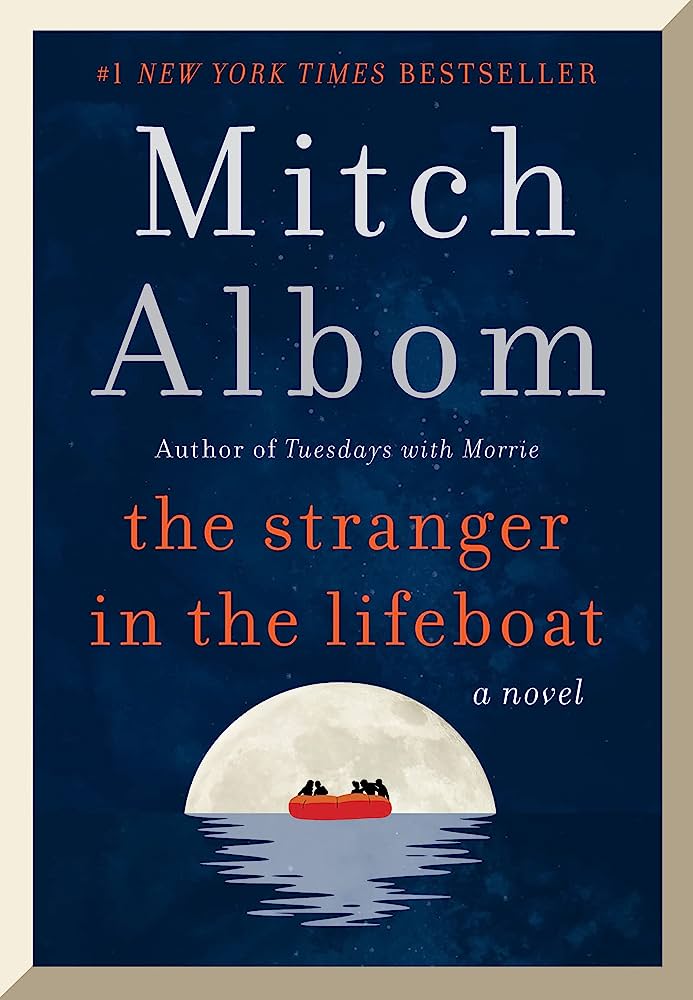
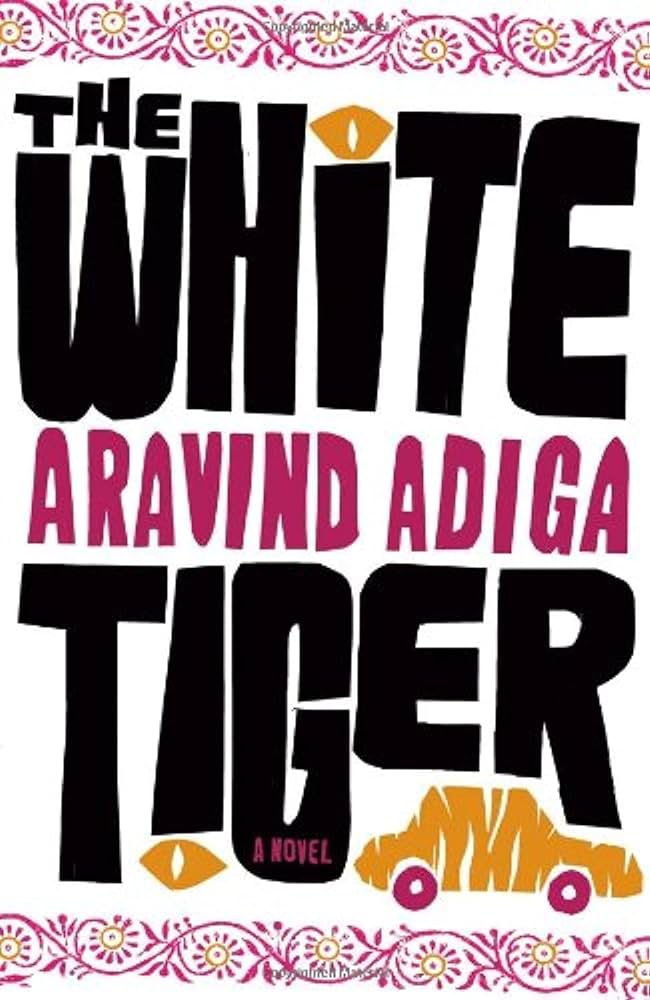
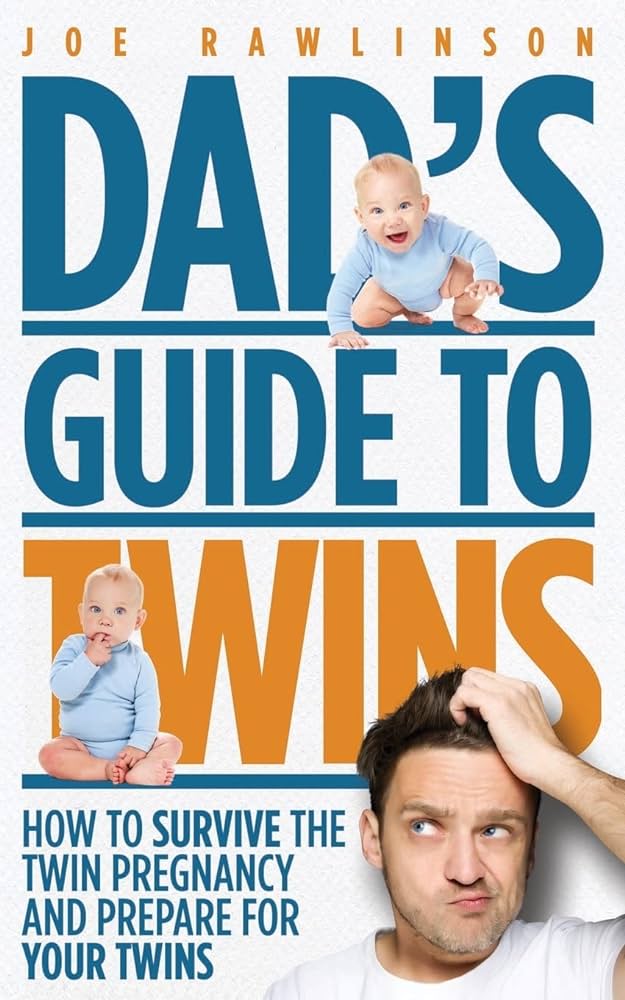
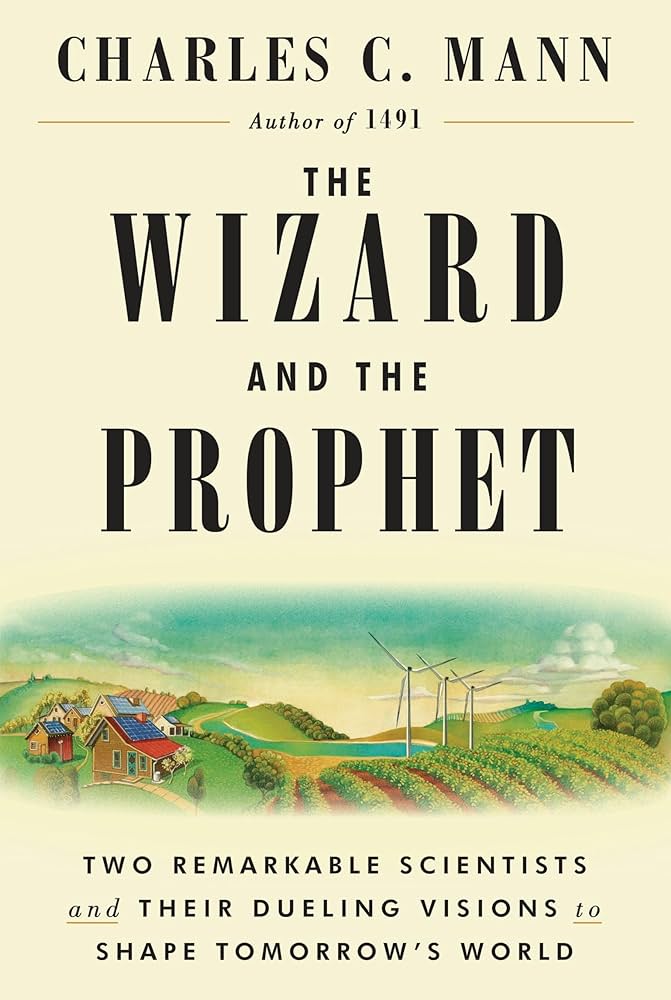
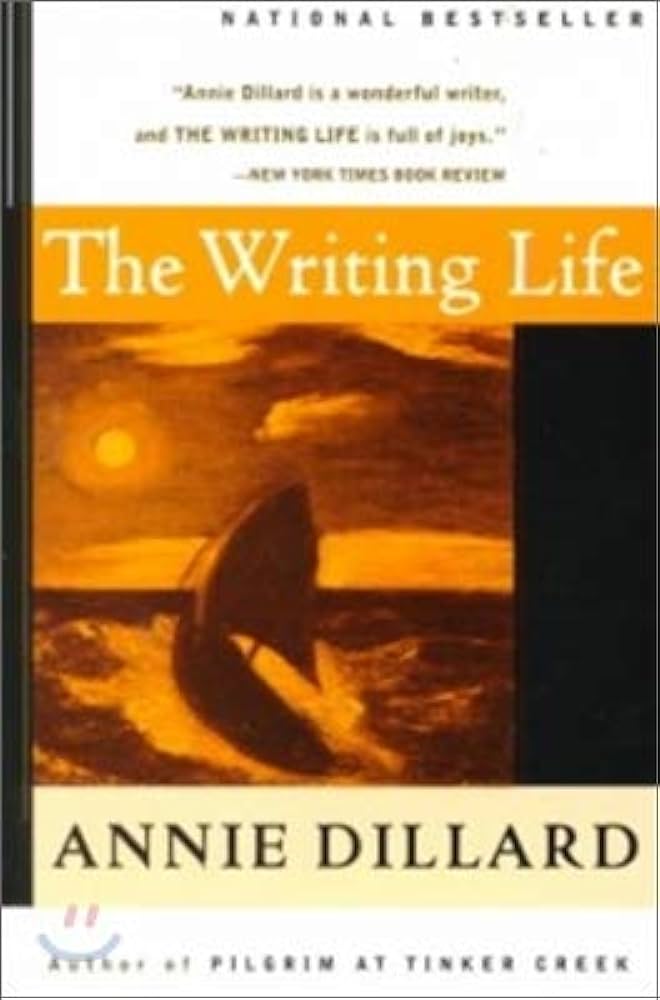
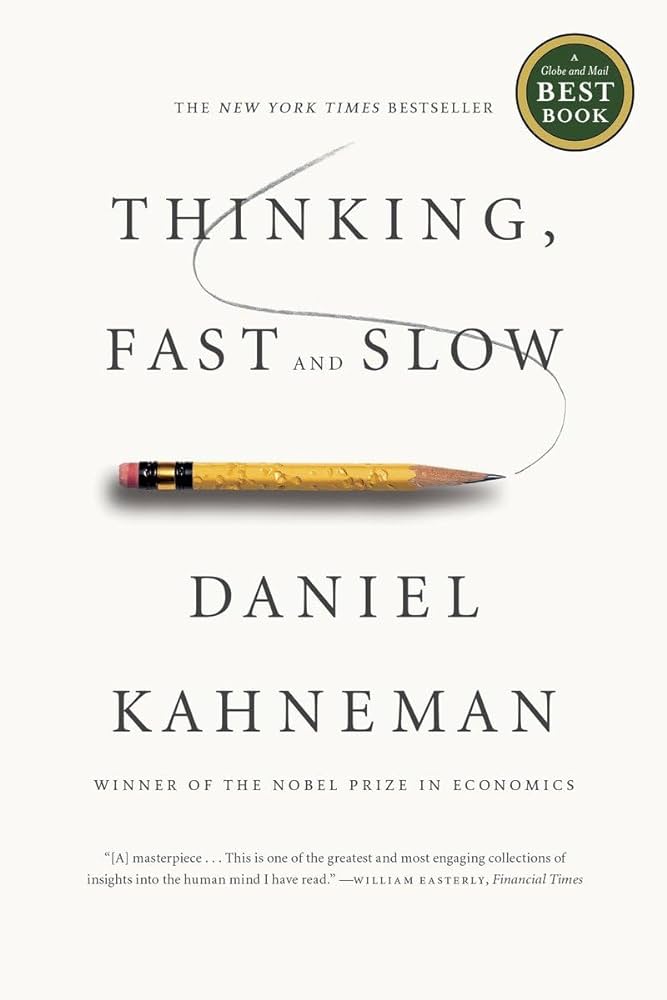
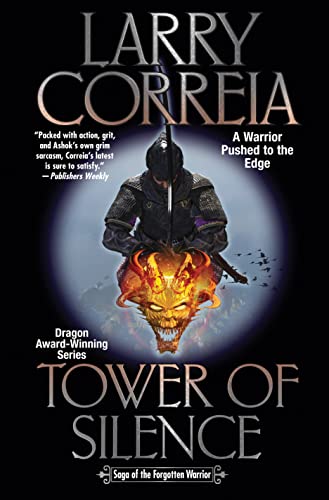
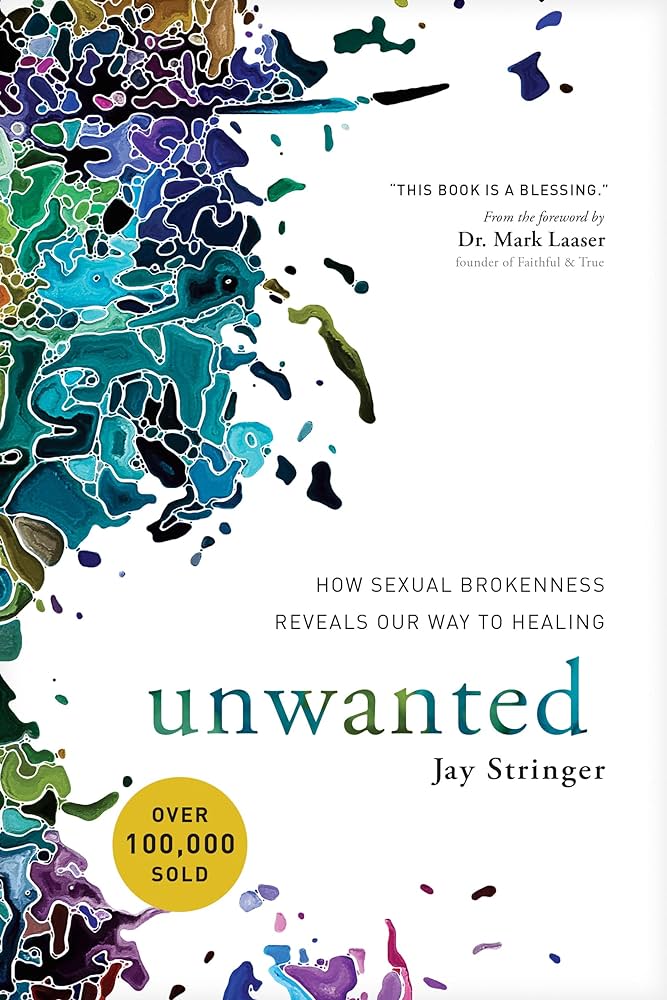
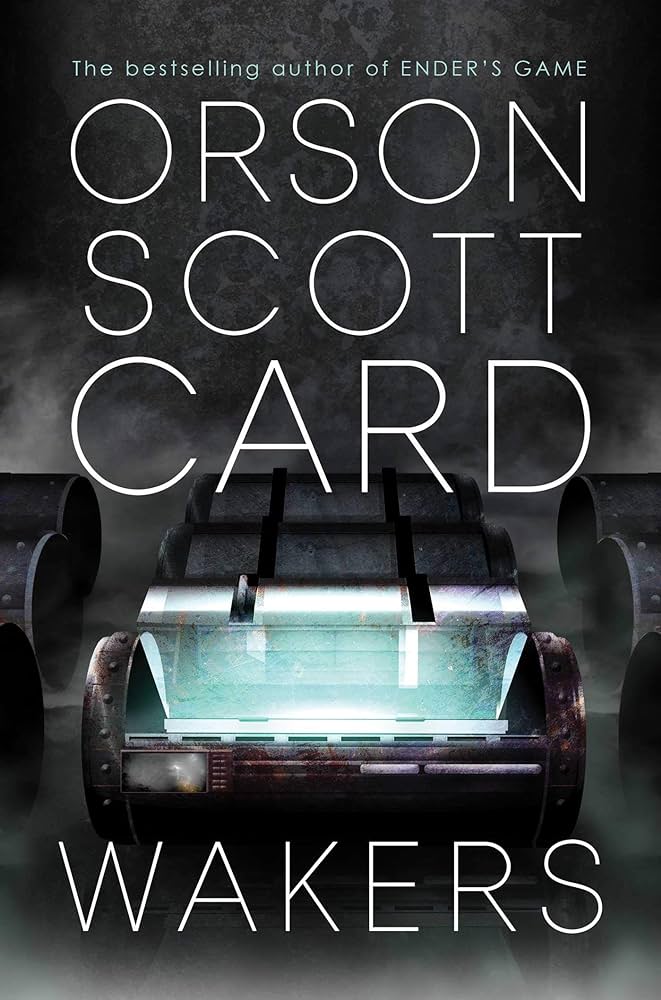
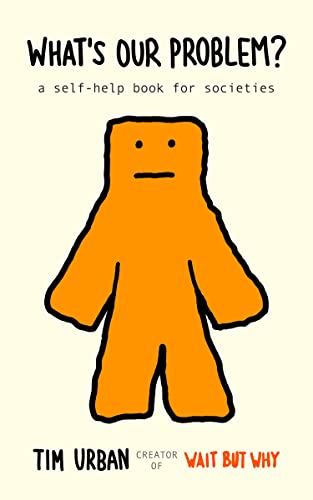
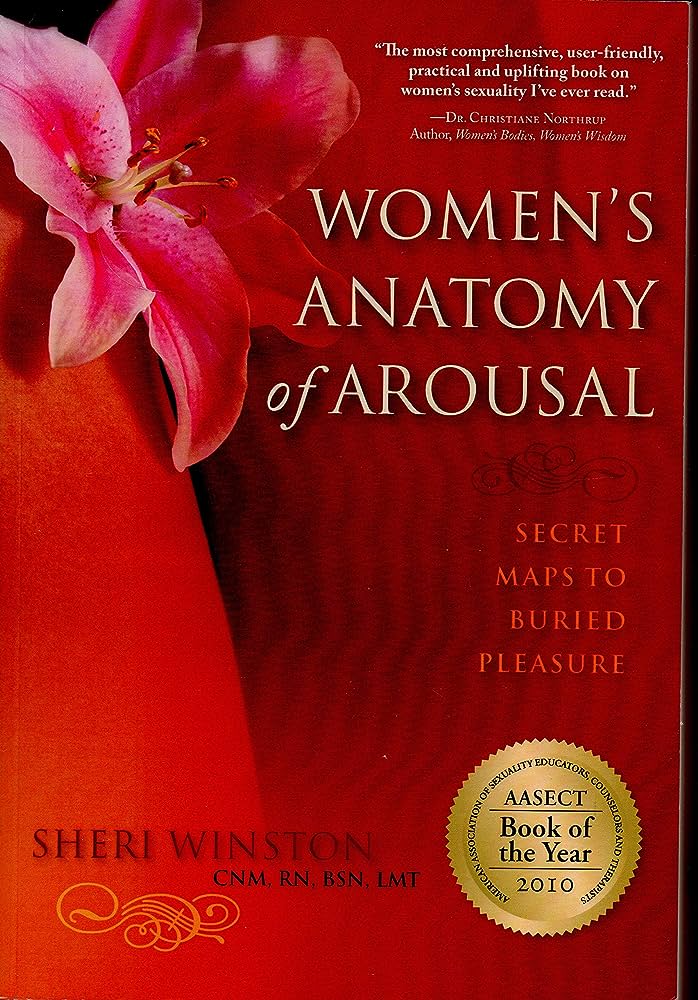
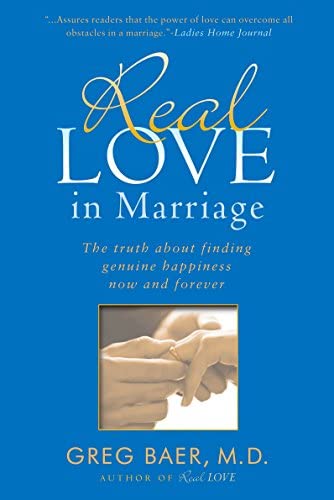
Favorites

I had no idea this was originally a book. The best novel I’ve read in a long time. A real classic. Defined an entire genre and did it well.

Wow! I’ve heard of Nicholas Taleb for over a decade and knew I wanted to read his books, but I assumed that it was more hype than substance. His books are on so many “must-read” lists, which are often just flavor-of-the-month books. However, it means something to continue being recommended for over a decade, so figured it was time. He has a few key principles that I resonate with tremendously to the point that I evaluate the trajectory of my life. I’ve been setting myself up for a stable, comfortable life. Now, I want to find the things that I’m willing to put skin in the game for. He is a bit overly dogmatic on the significance of his ideas and the role they play in society (more specifically, the impact of the lack of skin in the game or being fragile), but he’s selling his ideas to people, so I don’t hold it against him. It’s the reader’s onus to properly digest and assess the weight an idea has.

This story is something else. It touches on deep topics that I didn’t even realize while reading it. Only after talking to YG about it after.
The story is about a girl who finally comes to terms with the fact that her father doesn’t love her and the difficult process it took for her to get there. She wanted to believe so much that he did. Despite mountains of evidence and even telling herself that he doesn’t, she continues wanting to believe. I ended up writing a whole article on what this book made me think about.
⭐️⭐️⭐️⭐️⭐️ Five Stars

I stopped at so many points to take notes. This book felt long, but had a lot of helpful perspectives that I could apply to my work.

I’m amazed by Tim Urban’s writing (and drawings). Yes, I have a man crush on him. he has a gift for distilling things into incredibly simple and relevant frameworks. A skill I wish to develop and emulate. Many years ago his “Story of Us” blog series had a huge impact on me and this is a fantastic summary of that series that I would wholeheartedly recommend to people.

Another great book by Taleb. From everything I’ve gathered researching about him, he practices what he preaches. I like that in a person (I mean, who doesn’t?). It is a super helpful framework for assessing the risk in one’s life, which gives them a chance to do something about it.

I like this series. Well produced with a full cast. The ending was mildly surprising and leaves something to be excited for the third book.

Reread. This book gets me every time. I enjoy reading it annually. I’m still learning new things from it.

It’s a simple book with short life advice. I’d like to own a copy of this to glance through occasionally. I like how it is a mix of life advice and practical things to remember (ex. “Remember, righty tighty, lefty loosey“).

Reread for work. I originally read it while in college and it became a foundational book for how I evaluate my life.

Reread for work. Very insightful. Read to prepare for a new talk I was creating and took lots of useful things from it.
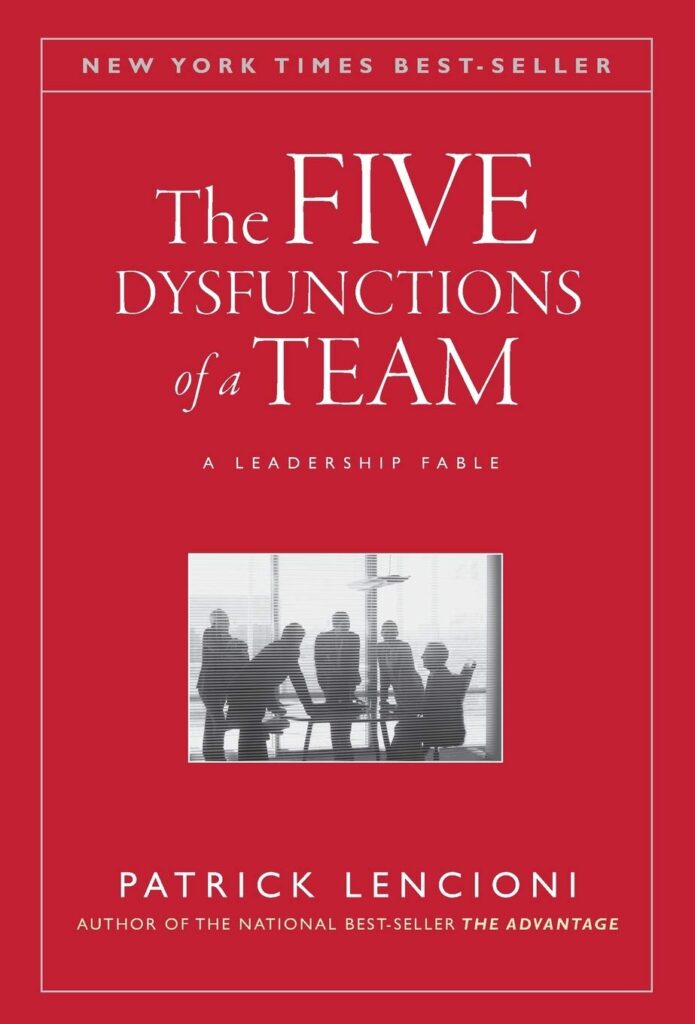
Reread for work. A simple and useful book for business teams.

Took me a LONG time to get through this, but a great book. Valuable as a reference to revisit when learning about victimhood, but it is really dense. Still, EXTREMELY valuable to read, and it opened my eyes to the ways in which I victimize myself and how often I do it.

A book I’d like to own a copy of and be able to reference again. Amazing that someone could compile something as broad as all of human history and gleen insightful lessons like this. I liked each of them, particularly the one about how a society follows the law of survival of the fittest. Societies are living organisms that grow, evolve, and survive or die. The audio on this was poor, so had trouble understanding some parts. Worth owning and reading.

It was nice how concise it was. Clear with good examples. I have no idea where I found this book. It follows a theme that I’ve been interested in the past couple of years — applicable life lessons from various disciplines (biology, economics, chemistry, etc). Interested to learn more about the author.
⭐️⭐️⭐️⭐️ Four Stars

I liked the premise of the book and the “What if…” questions it poses. However, all it does is pose questions, it doesn’t offer any possible answers. In one way, that’s nice. Nothing more drab than someone enforcing their worldview when you see flaws in it. What would make this book dynamic is having someone to talk about it with. To be able to debate the implications of what happens. I’ve rarely ever felt that way after a book. What does it mean that John’s mom was incapable of changing during 20 years in the wilderness? Given the first opportunity, she drugged her consciousness away until she died. Free choice, hardship, and personal responsibility, this book reaffirms all of those as important qualities.

Enjoyable, but it wasn’t a satisfying ending because it turns out it’s going to be a trilogy. That would be exciting if they were already finished, but I doubt I’ll remember to follow up with this series years later when it’s finally finished.

This is another book that I wish I had a physical copy of. It’s helpful to have an index you can reference through. It had several ideas that made me think, but I’d like to be able to go back and reference them in order to understand better. One is the idea of “toughness”. He asks who would win in a war in two countries that are exactly the same. The only difference is that one comprises people from this generation, and the other comprises people from the 1920s WWII generation. Most people would respond the older generation would win. They are the “Greatest Generation,” after all. It leads him to the concept of toughness and how it can be gained. Another idea is how quickly a civilization is forgotten after its downfall. I wish I could reference that because I don’t remember the exact people. Within just ONE generation, the city was dust, and the people had no memory of their heritage. They had turned into wandering sheepherders.

I like Murakami’s nonfiction books. Remarkable translation job. This gave me the itch to write.

Loved this insightful look into what makes a flourishing life. Reminded me of the value of prioritizing what’s really worthwhile — meaningful relationships.

I liked it a lot, but it was a dense book. Gave me an appreciation for science, the scientific process, having a scientific mind, and the importance of understanding our physical world.

An insightful dive into the latest in healthspan understanding. Cancer, heart disease, neurogenerative disease, diabetes. These are the things that kill most people. So makes sense that a major part of staying healthy is doing things that prevent these. There are several protocols I intend to implement from this book, as well as a mindset regarding preparing for my later years. However, like many information-based books, I don’t think it’s necessary to read the whole thing. Yes, useful information, but just as useful to read a summary.

It’s a useful little guide. I’m eagerly eating up anything I can on preparing for twins, but I’m seeing that there isn’t a lot that’s drastically different from having a single baby.

Another book on twins that had a few nuggets of useful info.

This books is hard to place. I did get some good nuggets from it, but I also have a considerable list of gripes.
What I like: A data-driven book regarding the challenges young girls deal with (an eye-opener for me) and the clear message that fathers are important in their kids’ lives.
What I didn’t like: I believe it doesn’t hit the bullseye on how to counteract the rise in depression, suicide, medication, mental illness, bullying, etc, that faces young girls. They have SO much going against them, literally a world that’s designed and incentivized to make them insecure and unhappy. The book takes for granted that dads know how to love their children. Most don’t. The book expresses the urgency in addressing the decisions that daughters will be faced with, and doesn’t give any thought to the root cause of why girls are in positions to be vulnerable to poor choices. They lack unconditional love. Basically, the author is blind to the fact that most parents DON’T unconditionally love their kids and takes it as a given that they do. Men can do so much better than “showing up” for their children. They can lead and guide them. The book has a “traditional family values” tone. It generalizes a lot on how men think and how women think: Men are pragmatic while women are feelers. It encourages men to place strong expections on their daughters to live up to the father’s values and protect themselves and their future marriages. Yes, good to teach those things, but because it helps them be happier, not because the father will be disappointed otherwise.

I liked the practicalness of this book in providing a framework for making decisions. To actually implement it would take some reviewing. I was able to apply the suggestions to two fairly big decisions (picking a new house and buying a used car), and we’re satisfied with our decisions. We spent time looking to see what the available options were, and then we picked the first thing that met our criteria.

This is an entire genre of book that I should find a name for. “Interesting to read, but unlikely to implement anything from it.” Implementation takes review and practice. This book (along with many others) has great things that can be implemented. It’s a matter of figuring out which books to commit the repetition and discipline necessary to benefit from.
What Morgan Housel said is really true, “We remember sentences, not books.” It is impossible to absorb all of it in one reading. At best, we can remember snippets that stand out. What I got from this book is that it’s worth designing highlight moments because those will be the only things we remember. The rest blurs away.

I bet there are a lot of females that are crazy over this book. It combines many familiar elements very well. The girl who seems not special at all turns out to be the most specialist of them all! People doubted she’d ever get a dragon, but in the end, she got two! So special. Then there’s the love triangle. Then there’s the passionate chemistry with the bad boy. All well written. I may continue with it, but probably not. I won’t be looking out for when the next book comes out. It’ll have to be through me hearing about it accidentally and then being interested in reading it.

I appreciate how Dalio has put his decades of study and experience on paper and organized it. He’s also gone through the effort of cross-checking his conclusions with the world’s smartest people. Gives me higher faith that he actually knows what he’s talking about when he says, “As best as I can tell, this is how things work.” This book made me recognize China as a genuine potential threat to unseating America as #1. I also began to imagine a world where America wasn’t just not the #1 country in the world but not a world superpower at all. For my entire life the paradigm has been that America is the best. I can’t fathom a world where that’s not the case. But all nations fall. There is a broad cycle to what causes their rise and fall, and America is clearly in the decline stage. Only something drastic would change that trajectory.

I love all of Sanderson’s books. Another good read.

Creative premise. It’s not much of a story arch and has little character development, but it’s well-written.

Another Taleb book. I liked this one as well, but it didn’t hit me as strongly as Antifragile or Skin in the Game. This is a book you can read the summary of and appreciate the point. Randomness plays WAY more of a role in our lives than we are comfortable acknowledging.

Collection of short aphorisms from Taleb. I’d like to own a physical copy of this book and be able to open it to random pages to appreciate the blurbs. Listening to it on audiobook causes most of them to go in one ear and out the other.
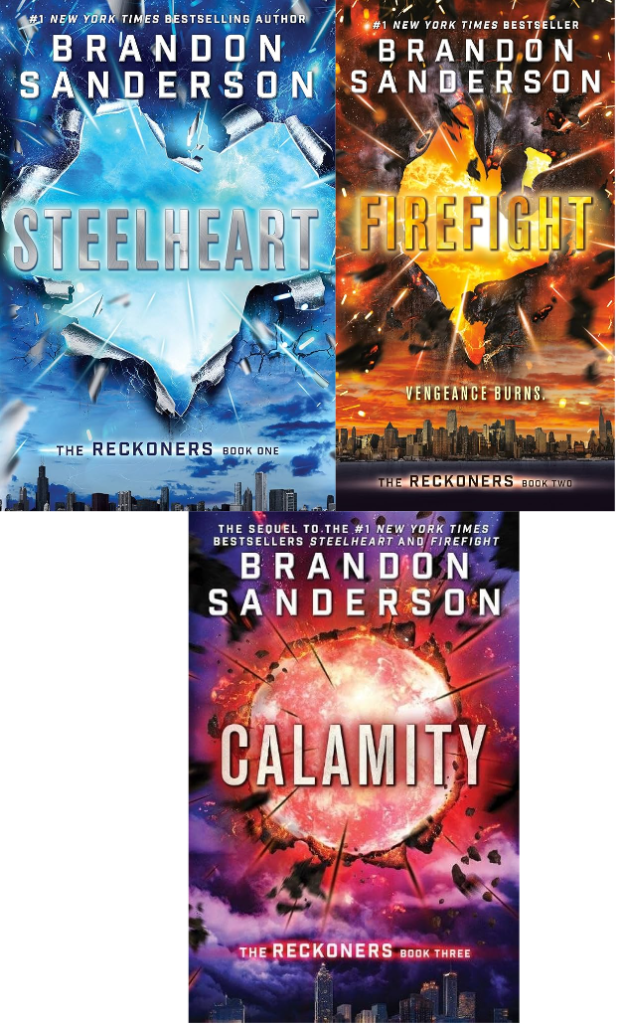
Really fun, despite being a YA series! The first book has an uncanny similarity to the TV show The Boys.
The second book does well continuing the story and the third does a great job tying everything together.

A dense book. The basic point is we have two minds. An intuitive, reactive, tribal mind, and a thoughtful, reasoning mind. Similar to Tim Urban’s Higher and Lower Self. Things that stuck with me: We are our remembering selves. We evaluate things based on our memories of them, NOT the actual experience of them. Losing hurts WAY more than winning. We should consider odds in clusters, not individually. Make decisions based on odds over the span of a lifetime, accepting that you win some and lose some (for example, never get the extended warranty and always get the cheapest insurance).

This book spurred me to start writing and publishing consistently finally. Provided important concept changes for me. Mainly, I thought I needed to publish on my website (a common belief), but now I see better ways. Excited for the future.

An epic story with a rugged, American Western backdrop. I enjoyed the insight into the craziness of life on the frontier 150 years ago. Wild how things started out there. Depressing ending, enough for me not to want to continue (I also would have enjoyed it being shorter). I read summaries of the following books which doubly convinced me not to continue. What a depressing series! I suppose that adds to the “Lone Ranger” mystique of that time.

I didn’t need to buy this book and knew I didn’t need to buy this going in. As expected, it’s a summary of familiar concepts and stories I’ve read on his blog (with a few new stories). But, I still like his writing so enjoyed it. Nice to have it all in one place in a form I can recommend to people.

This was “literature.” Author wants to create art with her words. I didn’t connect with most of her philosophy on writing, but a few things stood out to me.
No one is waiting for you to write the next great masterpiece. The world doesn’t need another masterpiece.
Writing is like scaling a mountain. Only the writer cares how difficult it was. To the reader, what does it matter? Kill your darlings. The reader doesn’t care.
Can you be a writer? Well, do you like sentences? I read that and thought, “Yes! I like sentences.”

Similar feel to “How to Get Rich in Rising Asia.” I read this because YG was reading it and she was enjoying it. Fun to read a book at the same time and talk about it. Entertaining and insightful to see how billions of people in the world live.

Nice that someone wrote a thoughtful book going back to the root of something. A rare book that describes something I’ve observed but never had the words to define. There are the people concerned about the environment but split ideologically on how to pursue a solution, a.k .a. the Prophet and the Wizard. Both have merit, and both have shortcomings. One interesting insight for me was that conservationism is rooted in fascist, hardcore right-wing idealogy. Hitler was obsessed with purification. One way this manifested was his work in maintaining pristine nature and removing undesirable qualities. At some point, the idealogy transitioned to a left-wing value.

I enjoy this series a lot, but it seems not so popular so there isn’t ANY info about it. I’ve forgotten so much of the characters and plot from prior books that many details I would have enjoyed escaped me. And I can’t find any summaries written about prior books for a refresher. Also slightly annoying is the lack of information on how long this series will be. The official count was three books. Then, without any fanfare, it became four. Now it’s got to be at least five if not more. And this is an old-school series that takes years for each book to come out. It’s crazy how modern fantasy writers can pump out 2-3 books a year.

Yeah, it’s a good book, but it fell short of what I hoped. I went in thinking it’d be a manifesto, the declarations of a man committed to a particular lifestyle. It’s more of an investigative journalism book. They follow a formula. They dive deep into a topic, tell interesting anecdotes, and cleanly wrap up each anecdote with key takeaways. This is better in that he immersed himself in some grueling ordeals in order to write this book. He put more skin in the game. But at the end of the day, it was an outsider’s exploration of a topic. Designer written with the end in mind.
What that leaves you with is a flavor-of-the-month executive read. This book fits nicely into the bookshelves of executives looking for the “one thing” to flip the switch in their results. An easy candidate for a manager to assign his team in order to motivate them. It’s a shame because the topic is so precious. An entirely different means of living life. Simplifying, actively seeking discomfort.
It did inspire me to try harder things this year. To go on a Misogi.

I FINALLY read this. It’s been more than ten years since I heard about this book from Tim Ferriss. Amazing to see what a talented writer can do. To breakdown a single tennis match and make it so engaging is really a talent.

I like everything I’ve read from Feynmann. Another good one. Thoughts on critical thinking, religion, politics, and science’s role and responsibility in society.

Fun, but not worth an audible credit. Would continue if it was from the library, but won’t pay to listen. I have enough long fantasy series I’m invested in.
⭐️⭐️⭐️ Three Stars

An okay read. I didn’t dislike it. It had a “not like the other girls” tone to the main character. A thoughtful and introspective girl living amongst the decadence and arrogance of the other gods. I liked how it tied in many classic myths. But at the end of the day, a book going out of its way to be a book about strong women.

Impression after the first books: A fun new series. I like how clean it is. Doesn’t even have swear words. Great to recommend to enthuastic young readers.
The second one was just as satisfying.
Then the series completely tanked. Largely because of a change in narrator. He COMPLETELY changed the feel of the story. The characters, the pacing, and the snarkiness of the AI Game Mod. Ruined it for me. The story also got A LOT more boring compared to the first two books, but I wonder how much I would have noticed that if I had read the series instead of listening. I knew early on in the third book that I wouldn’t continue it, but I even questioned several times whether I should just outright quit listening. I would give the next book a chance if this were from the library, but no way I’m going to pay to listen to this anymore.

A fascinating topic with eye-opening stories, but heavy-handed in painting the villains of the story and doesn’t offer many solutions. I would much prefer this topic condensed to a blog post. Only ready 30%.
The thing I learned from this book that I still think about: Cars spend 90% of their life parked.

To give this book credit, I had fun reading it. It was a breeze to get through. I place it in the literature junk food category. It reduces characters to tropes and stereotypes, catering to what I imagine is the middle-aged female fantasy. It has the opportunity to bring the interesting perspective of what life looks like from the forgotten and dismissed (the elderly) but instead hops onto easily predictable plots. A group of Florida cougars who unabashedly man-eater their way through life. Throw in the lesbian teammate and the one tangled in a forlorn romance, and you’ve got progressive middle-aged literature junk food.
That was my impression throughout the whole story, and then, lo-and-behold, at the end of the book is a list of book club discussion questions! Totally a middle-aged lady thing! The questions are not even that thought-provoking, just gossip questions to allow people to live vicariously through the characters (“What do you think is next for the group?”)

Was okay. Can’t really remember much from it to be honest. The background of the characters was relatable. Typical people going about their typical lives, hoping for the magic pill (in this case a health retreat) to save them. It didn’t really make sense how the villain unwinded by the end. She was portrayed as a mastermind genius, but by the end, she was portrayed as making stuff up as she went along.

I really liked Gone Girl, so gave Flynn’s other book a shot. It was interesting. There’s something fascinating and unsettling about psychopaths. This book paints them well. I was genuinely surprised by the twist at the end.
Some books are heavy, like the Goldfinch. They’re not meant to make you feel good while reading it. Sometimes, people want that. This is one of those books.

I really liked Tuesdays with Morrie. This was okay.

Author made her point well, but in a lazy way. Language plays an important point in creating in-groups and out-groups (the basis of a cult). The research she did for this book felt amateur. Reading it, I thought I could research and find the same information she did. She kept all her citations to the first page of Google. She was careful not to use any examples of cults that would actually be controversial to progressivism. It would have been more interesting if she did. She knows her audience and plays to their preferences.
Her use of the UC as an example of a cult didn’t fit with her premise that language is what makes a cult. She likely googled the most prominent Moonie “Experts” ( which is laughably defined as someone who “survived” 3 years. Hardly enough time to become an “intimate expert”). The one person she cited hasn’t been in the church for over 30 years. Extremely outdated to be considered a knowledgeable expert.

This book is massive. I enjoyed the first half, but then the second half was hard to get through. I enjoyed it and disliked it for similar reasons to Lonesome Dove. It gave me insight into what Japan was like hundreds of years ago and why Japanese people have many of the values that they have now. But, in the end, it left me feeling heavy. Duty, honor, obligation. These things are praised and valued but leave people so empty. In the end, all the characters are pawns for the ambition of one man to become Shogun.

An enjoyable read, but only because of the familiarity and commitment to the series. Some of the books were three stars, and some were four stars. It’s hit the threshold where people’s power levels are getting ridiculous. There is no news on when the next book will be released. The author is likely getting tired.
⭐️⭐️ Two Stars

DNF. I was interested in a psychological dive into why people are obsessed with butts. Instead, it’s an utterly boring diatribe into the historical and racist oppression of women.

Couldn’t figure out what was going on. Called it quits early on.

Actually finished this one. I usually don’t even bother finishing books this uninteresting. I was looking for more practical and science-based education. This book does include some of that, but the majority of it is based on anecdotal yin/yang and masculine/feminine energy stuff. It also tries to be a fun book by using words like “pussy” and “unleash your inner slut”. Drab.